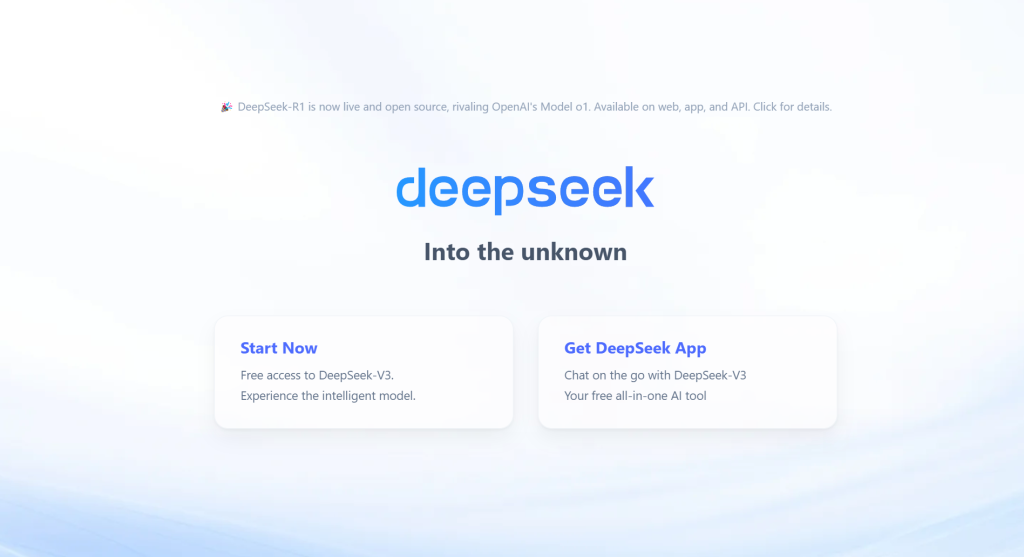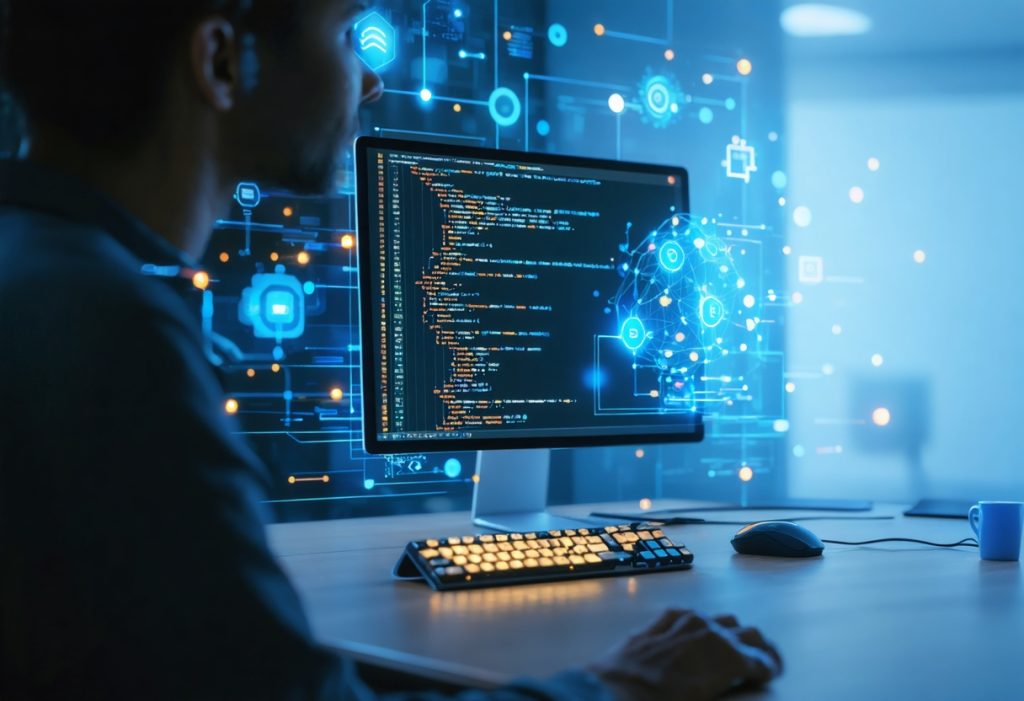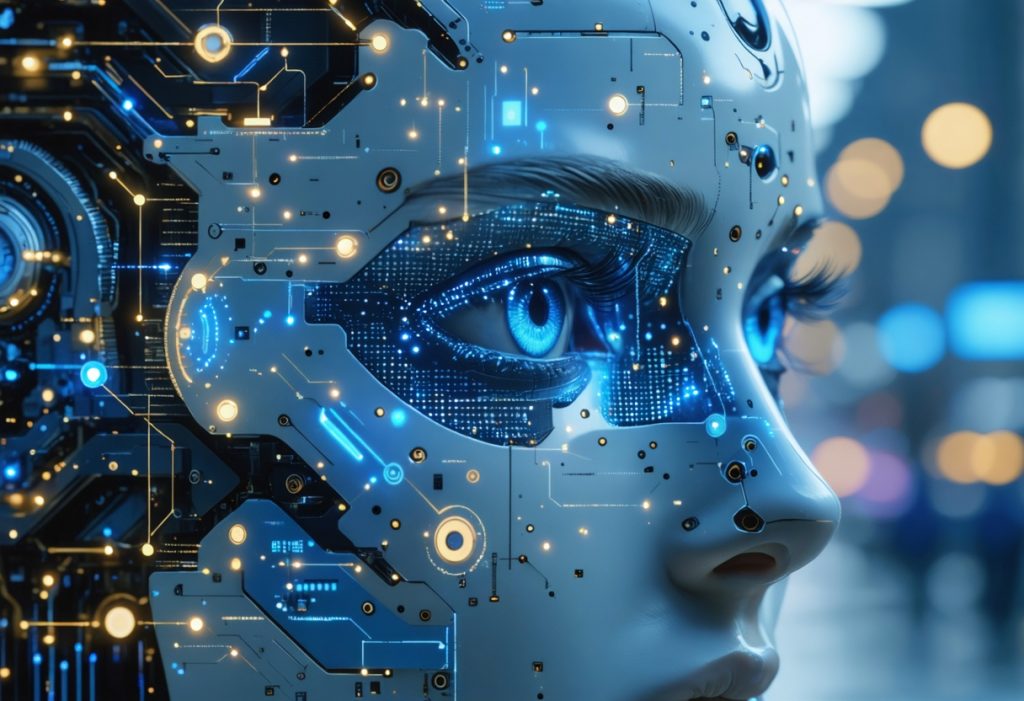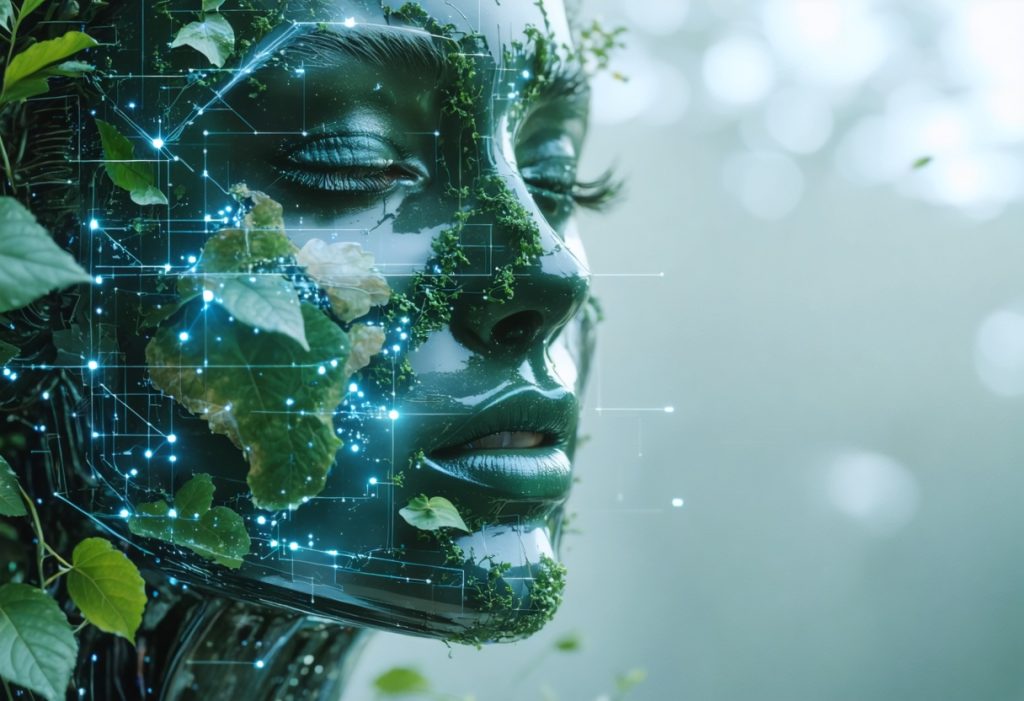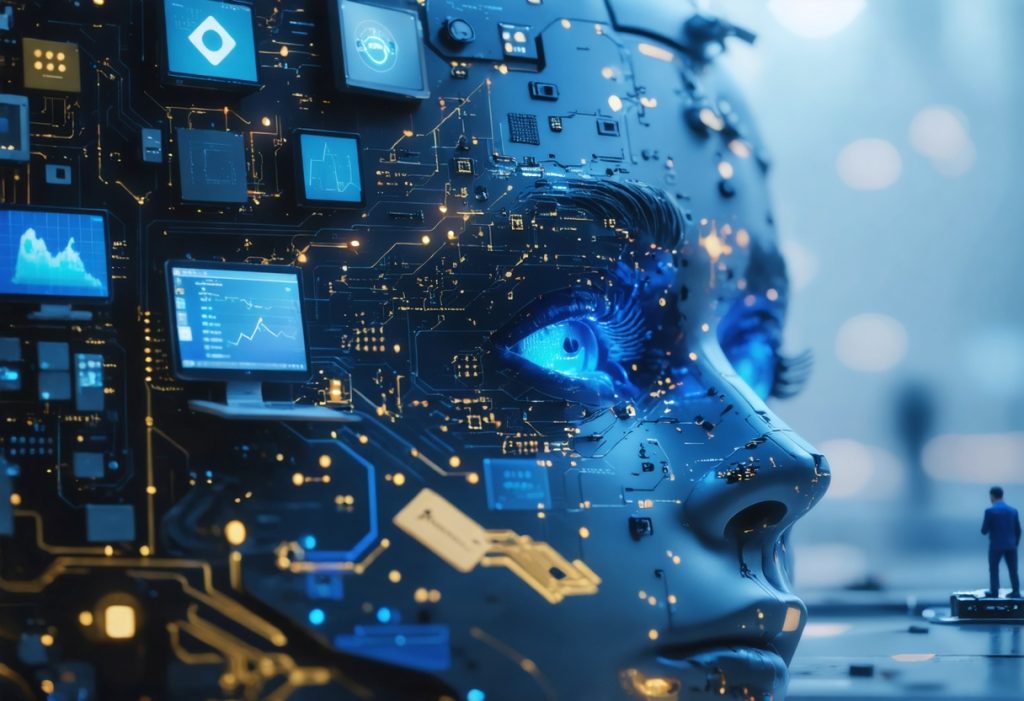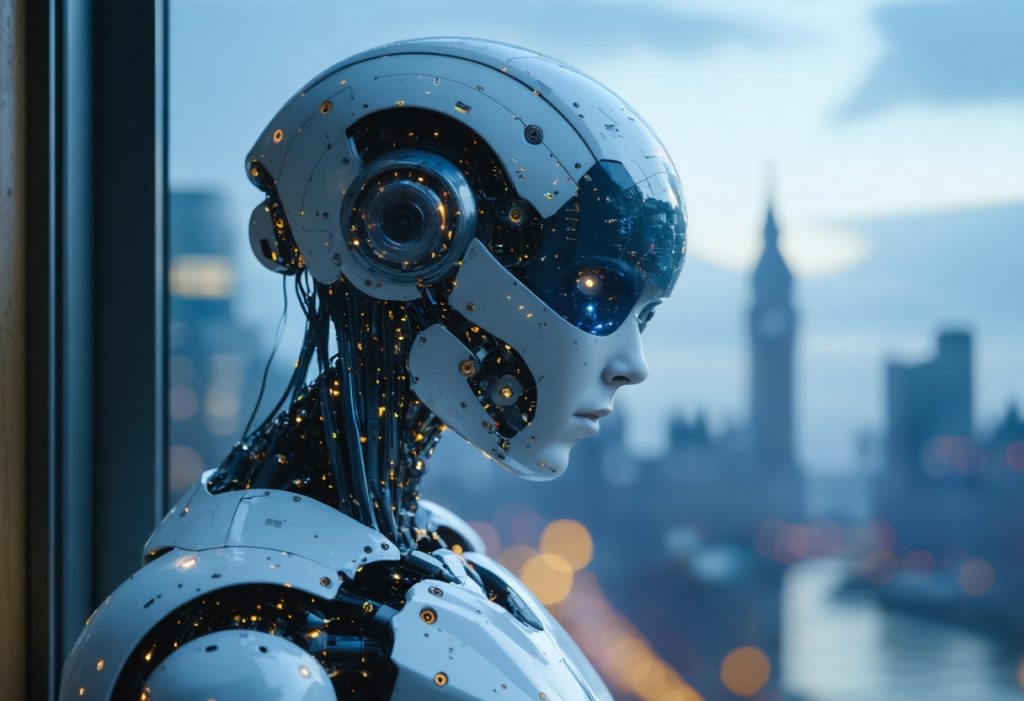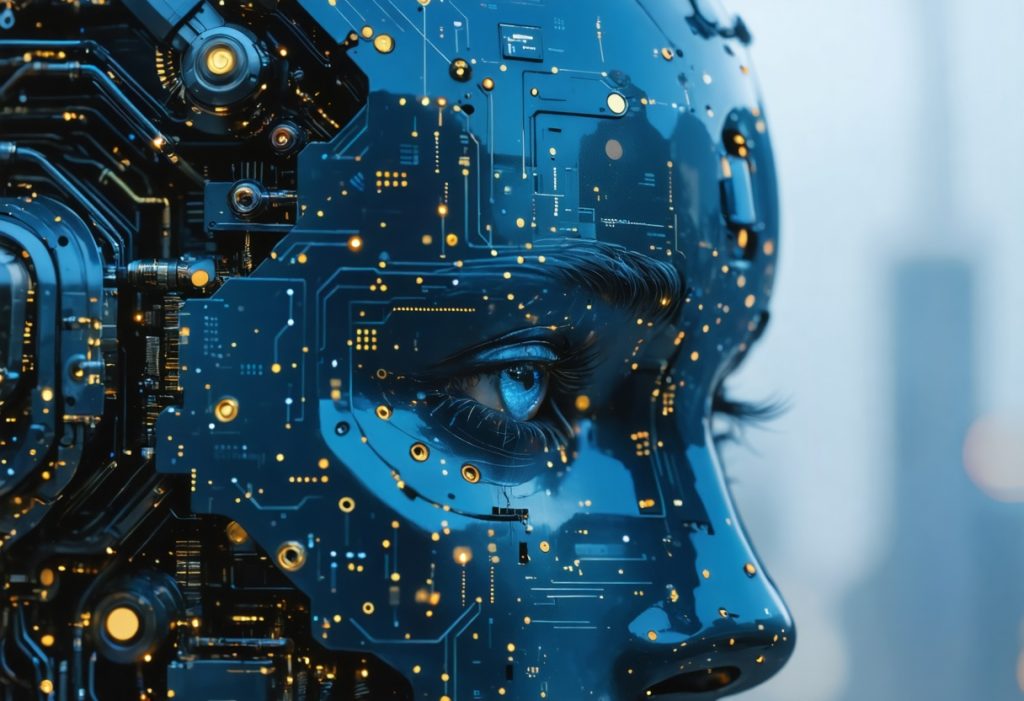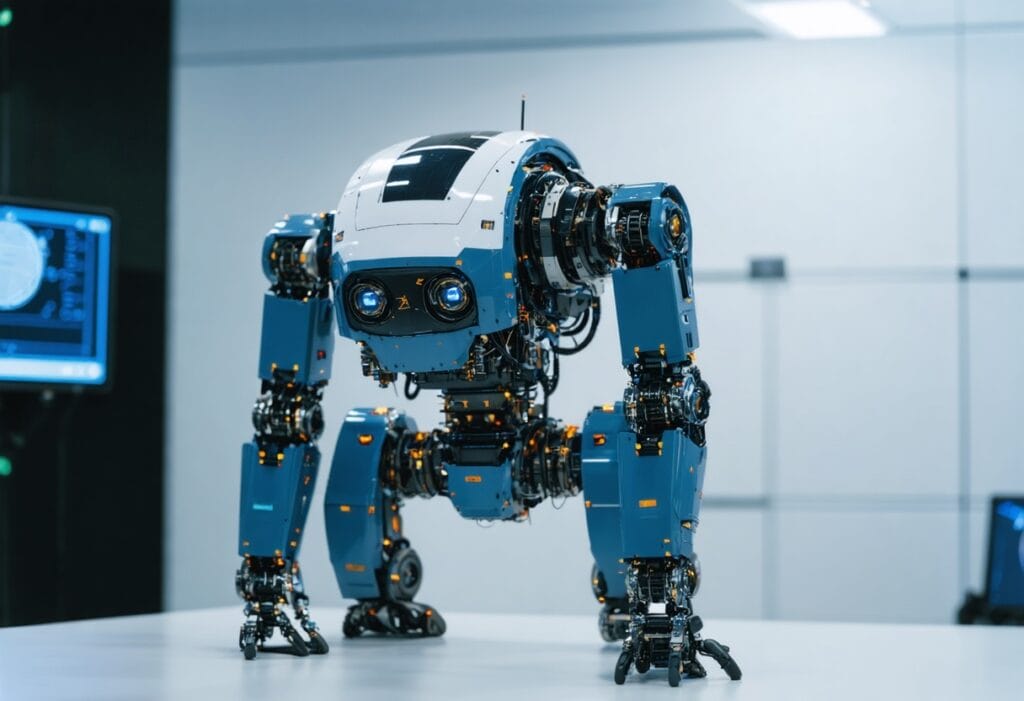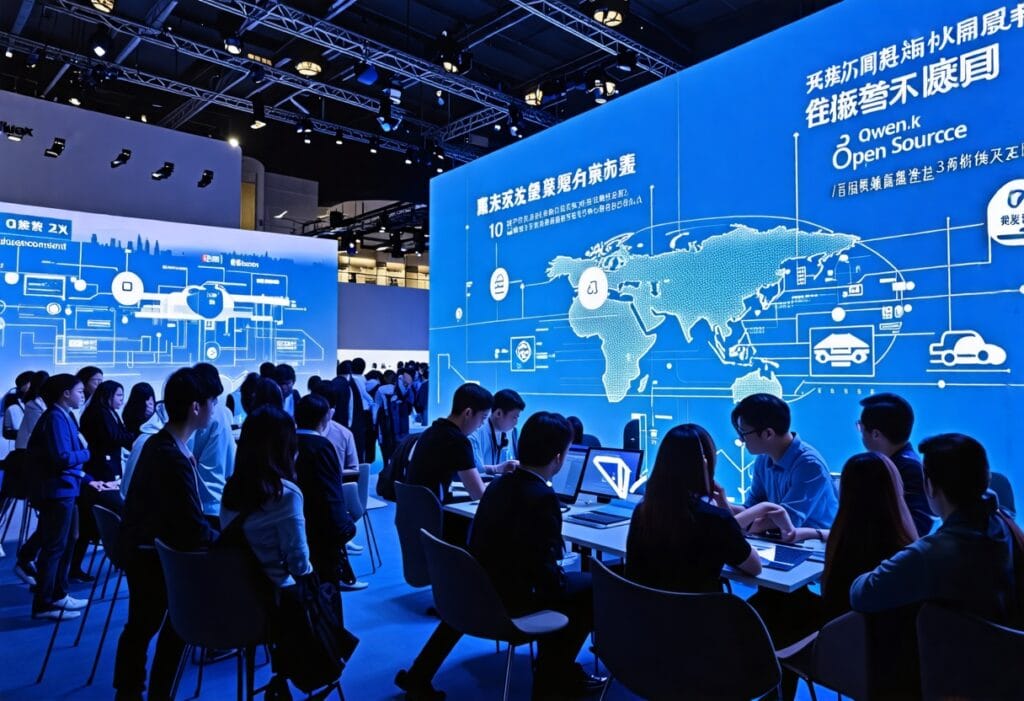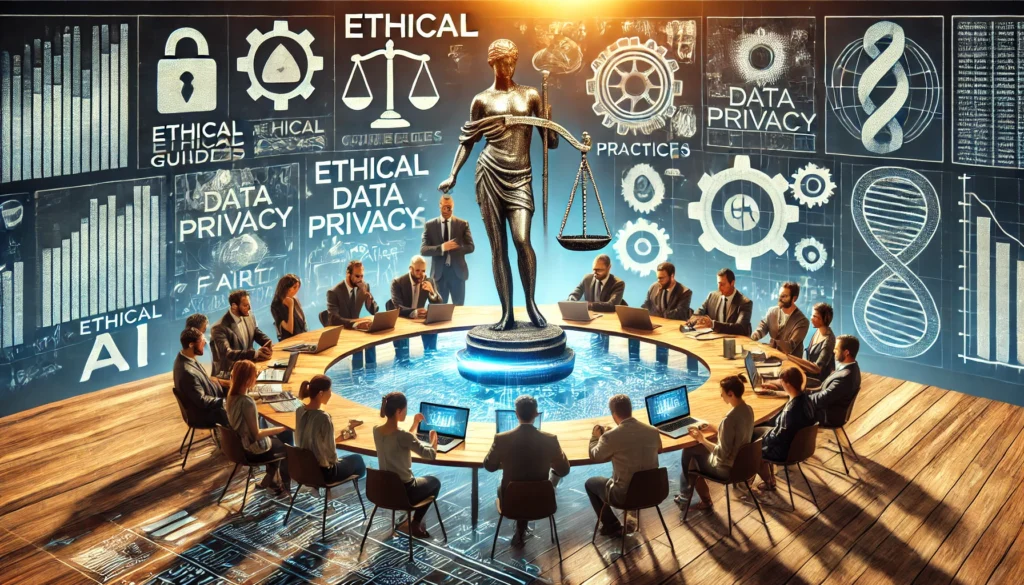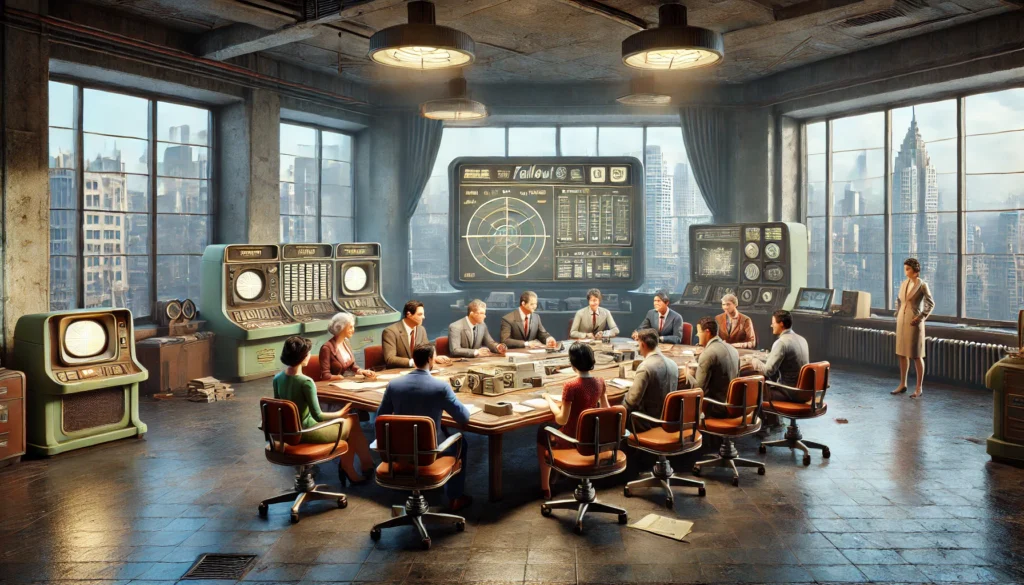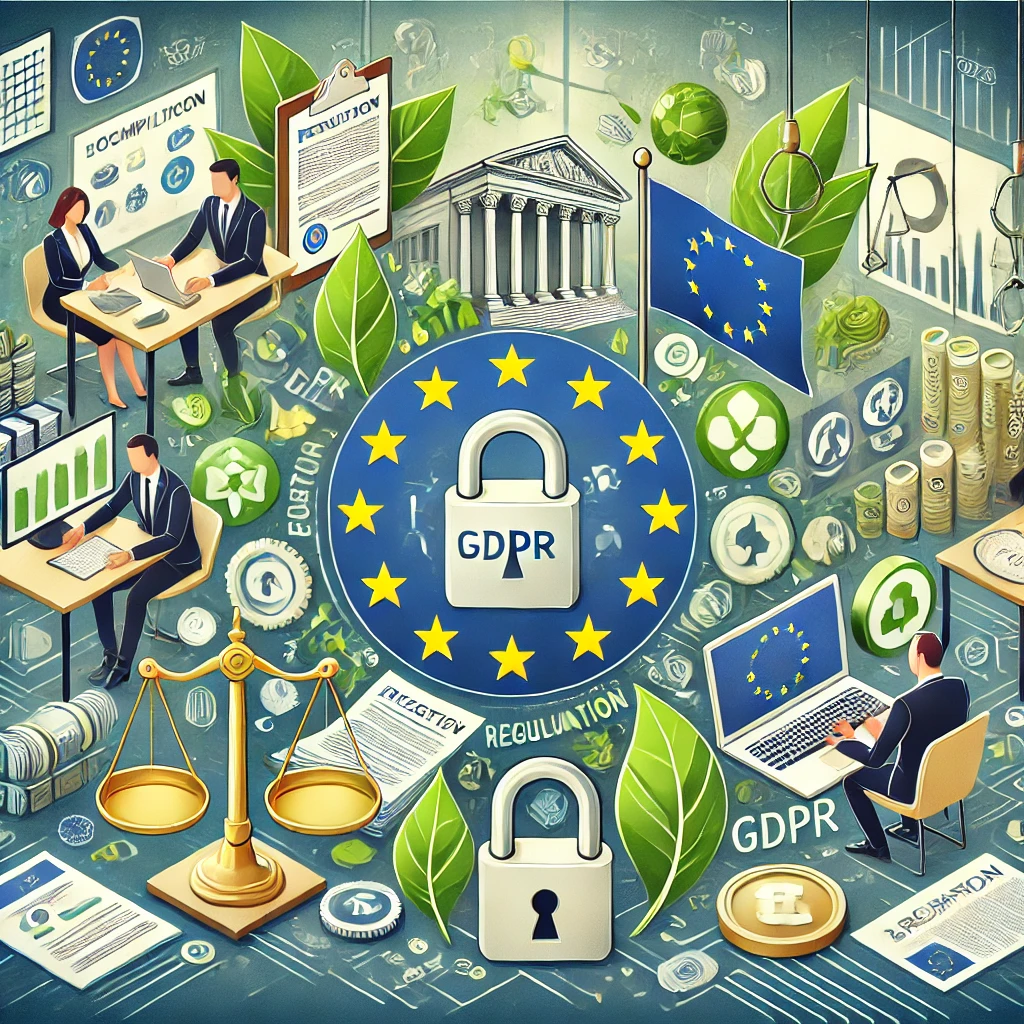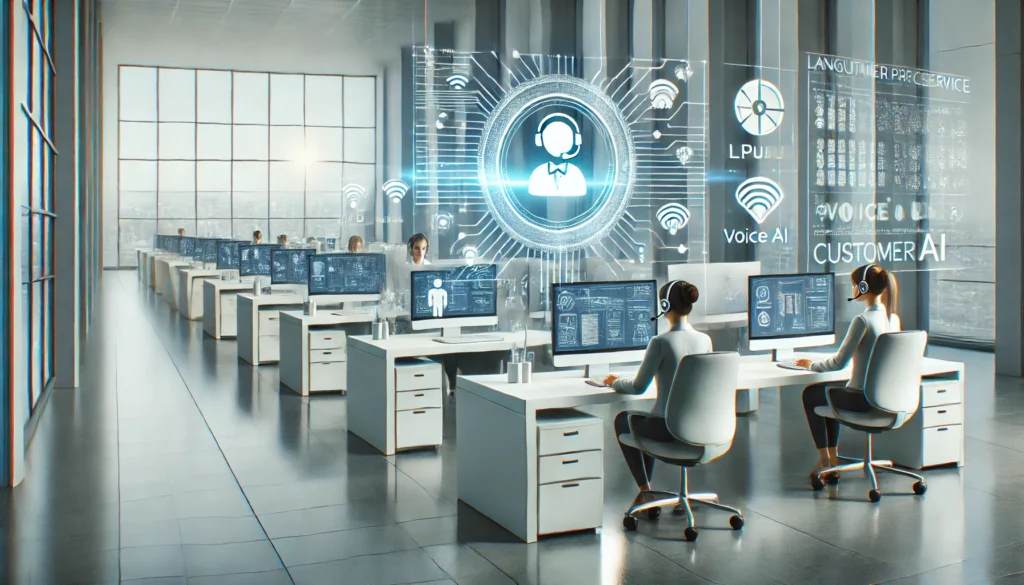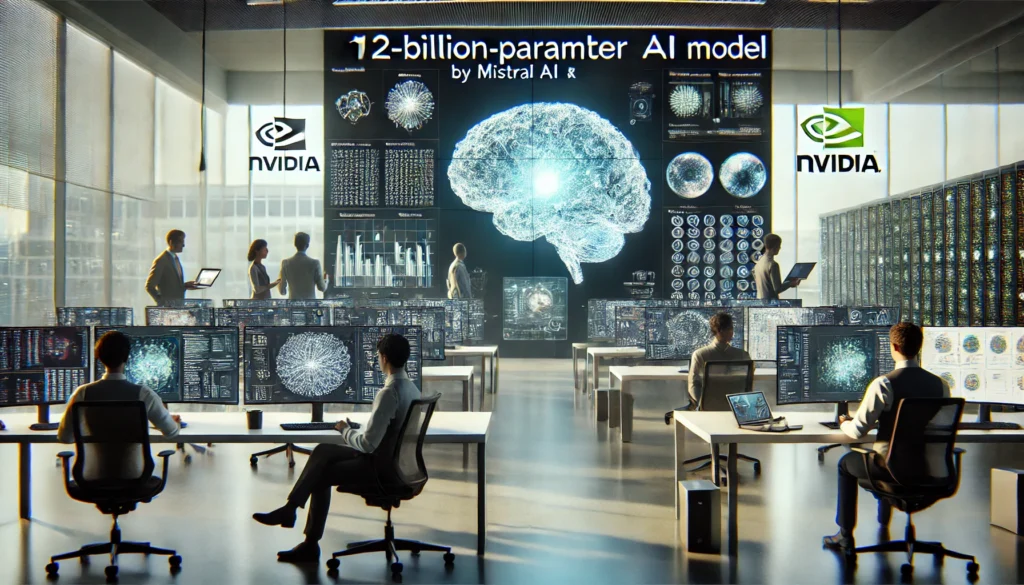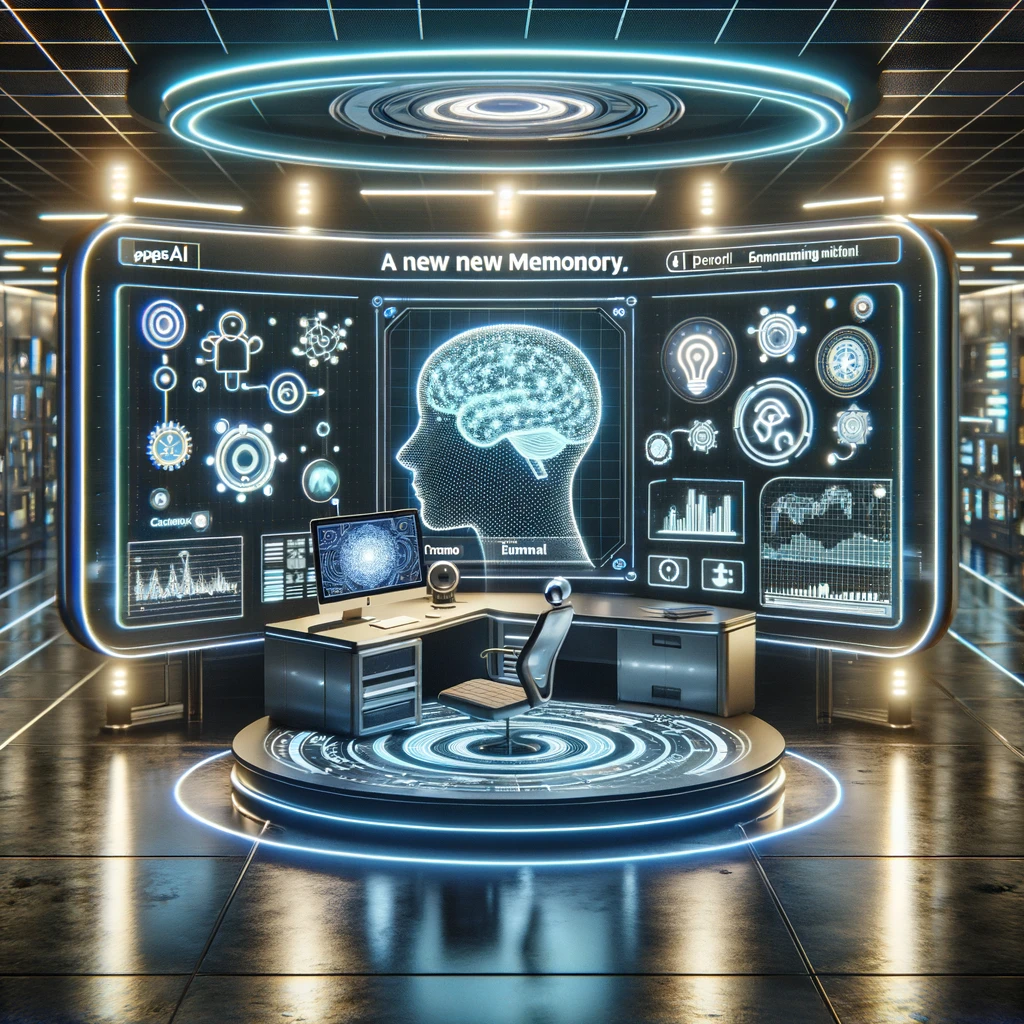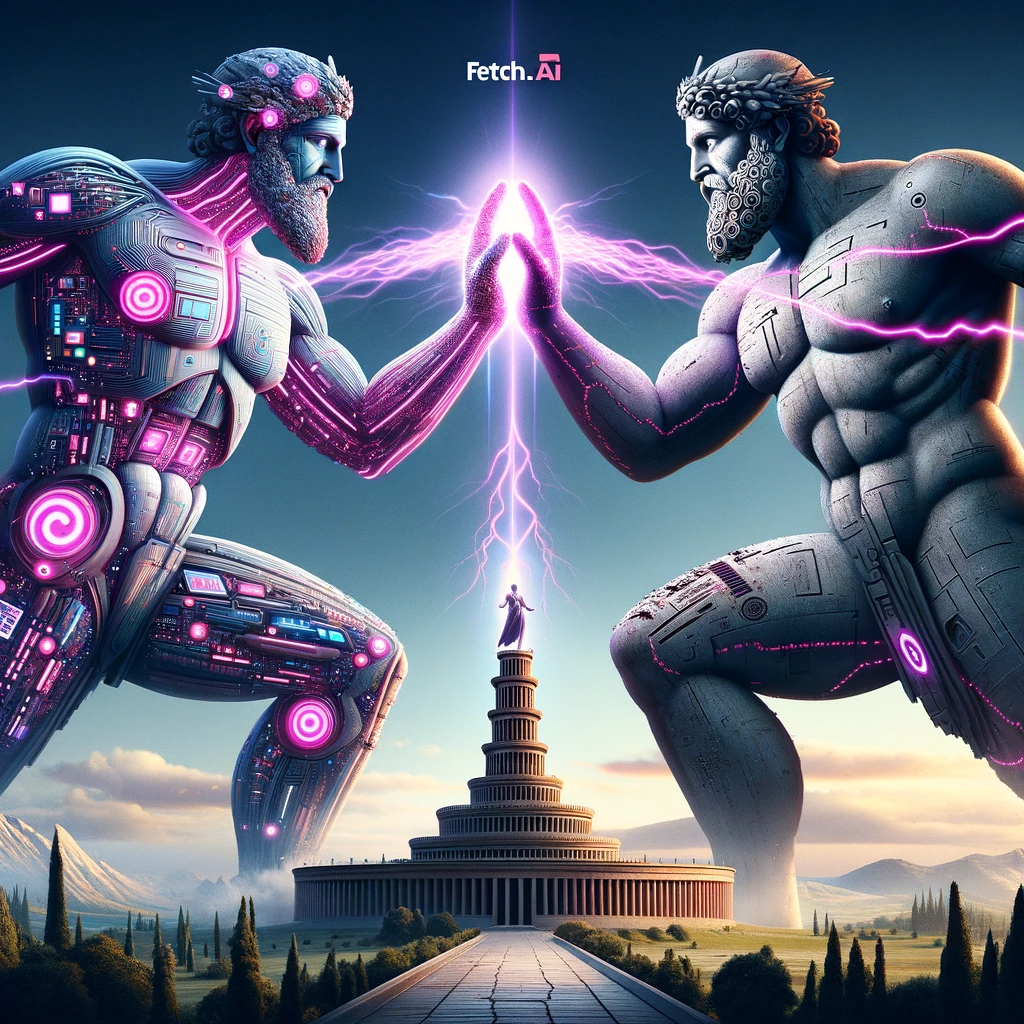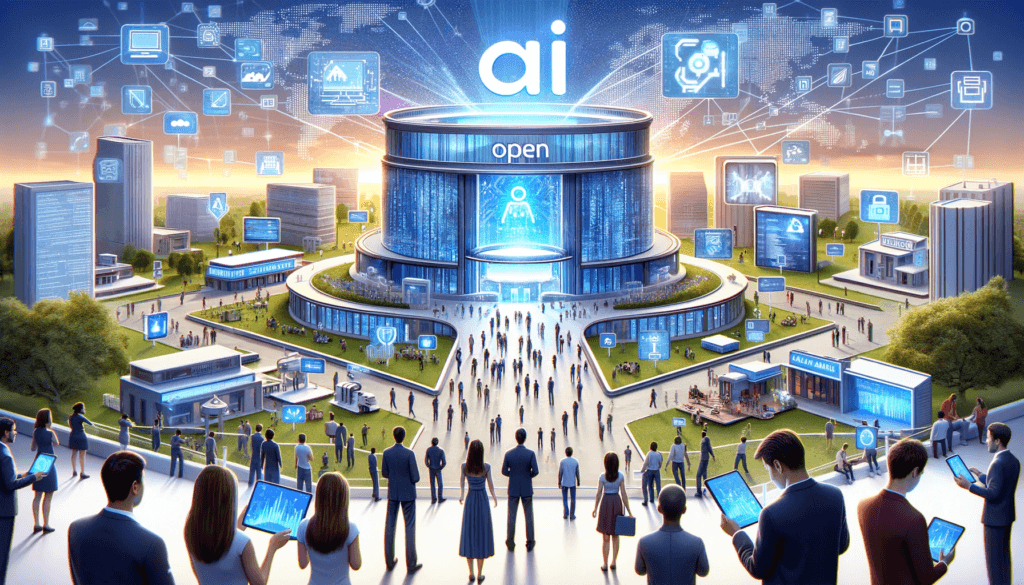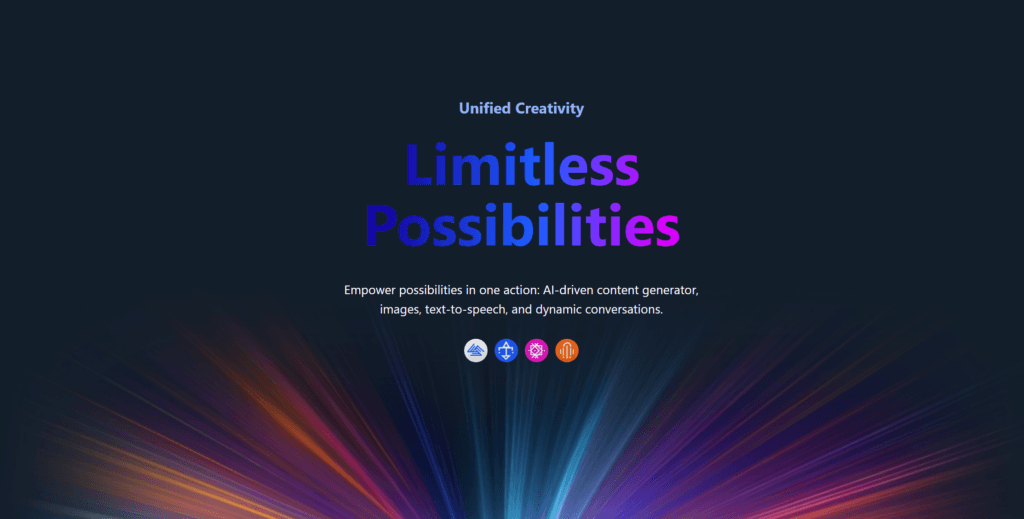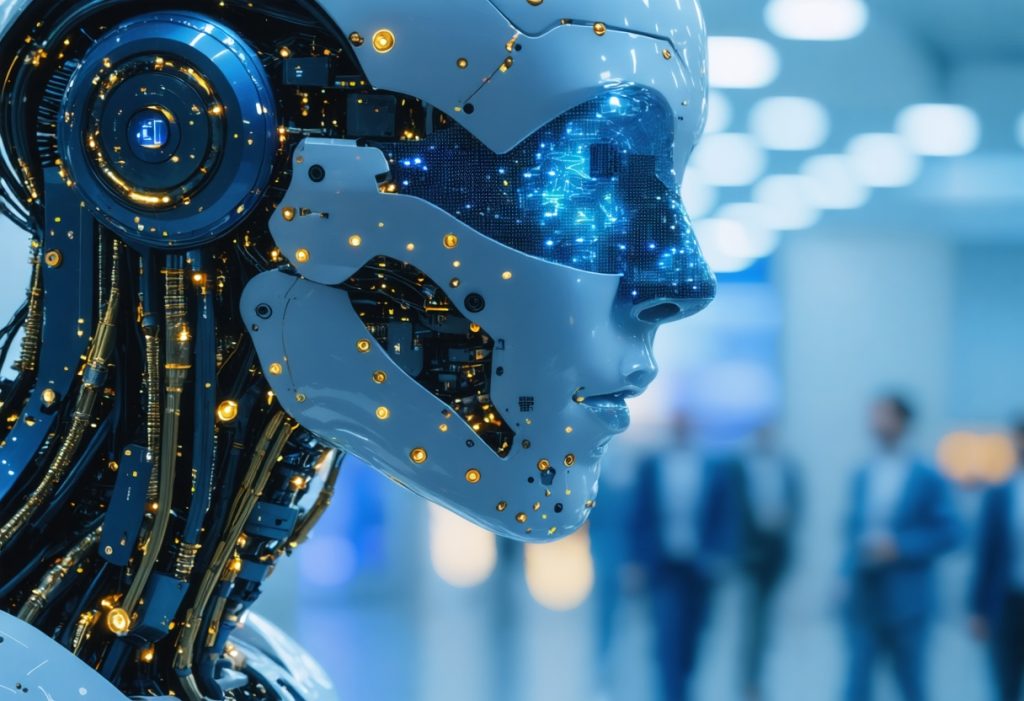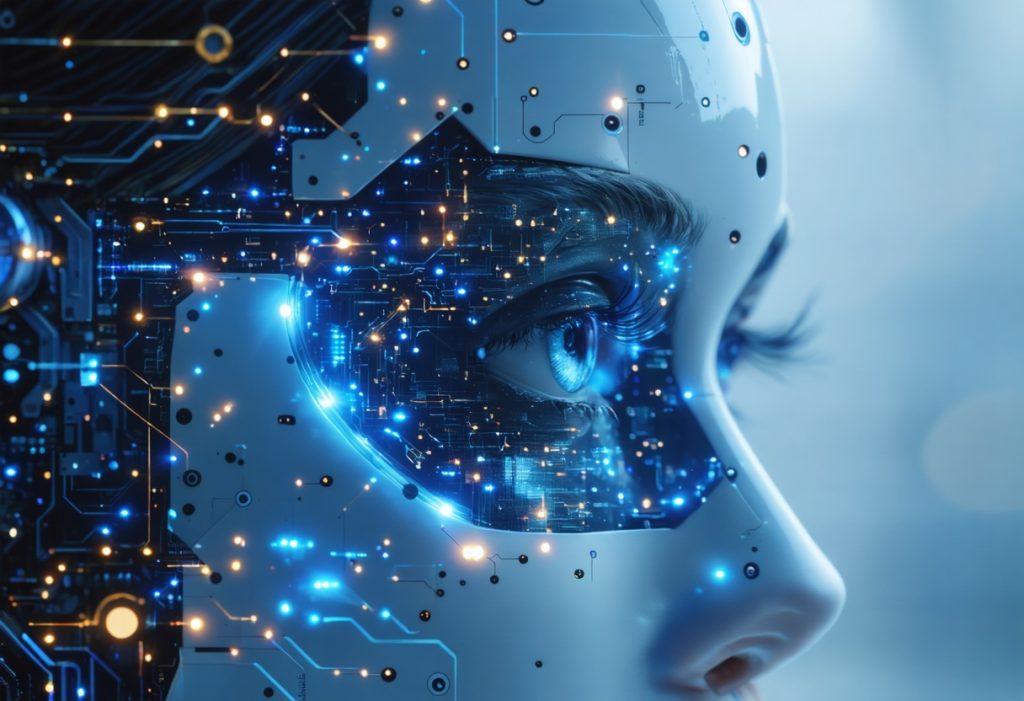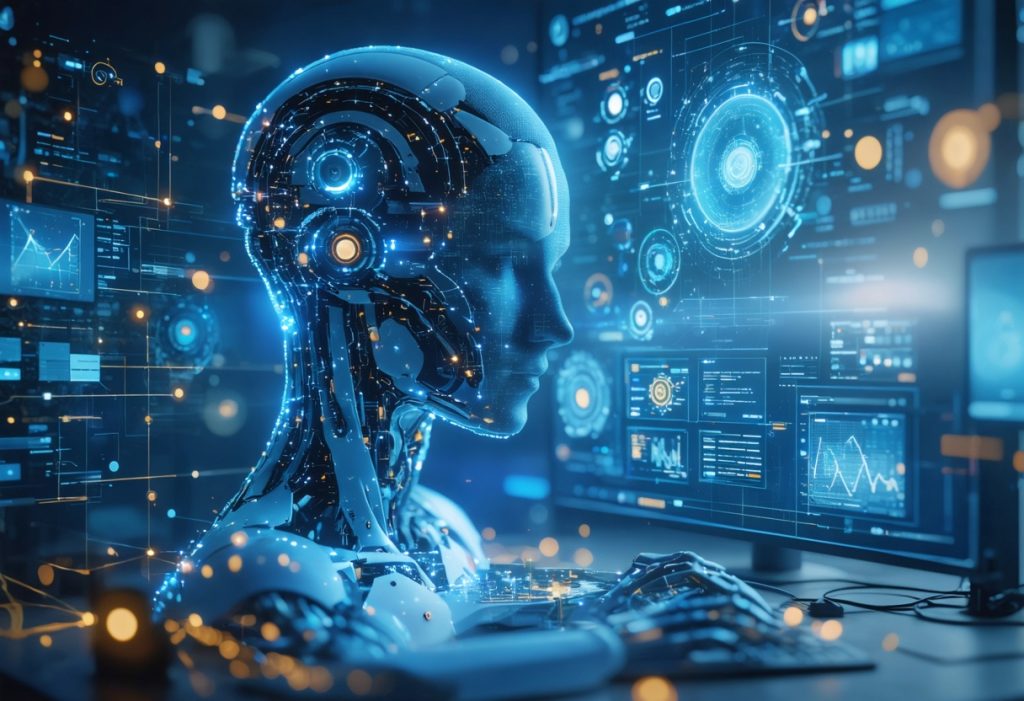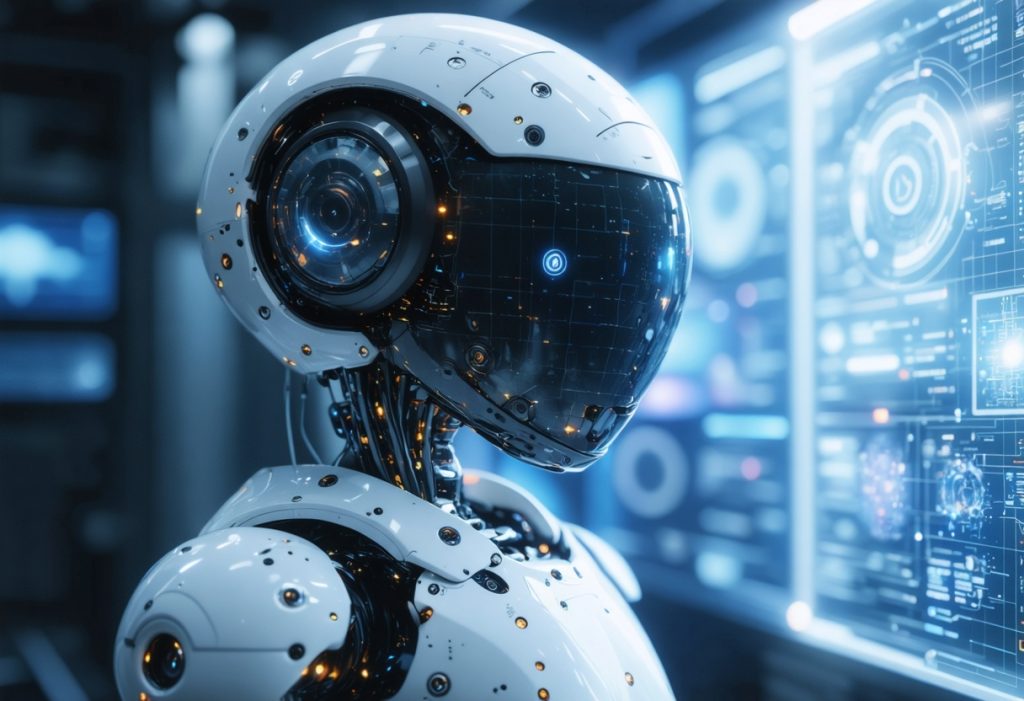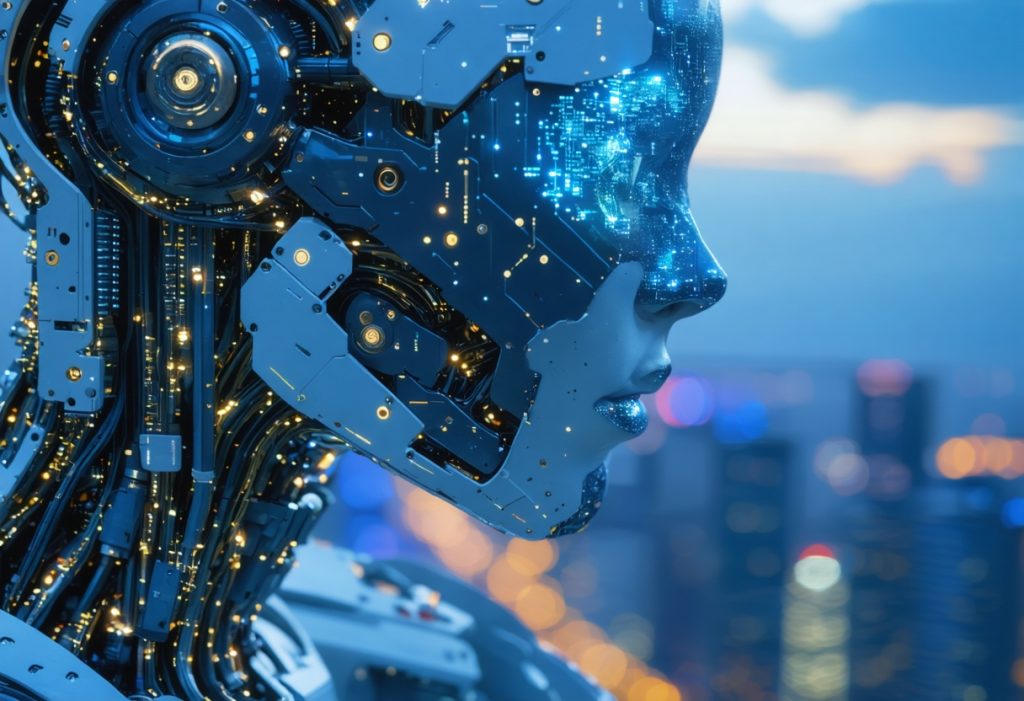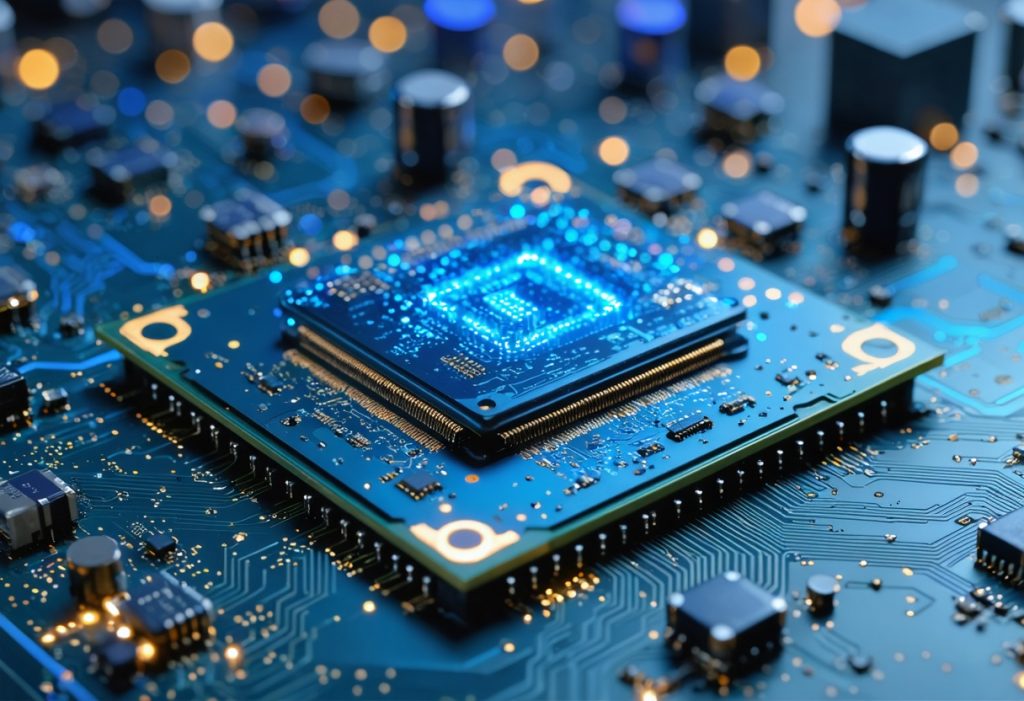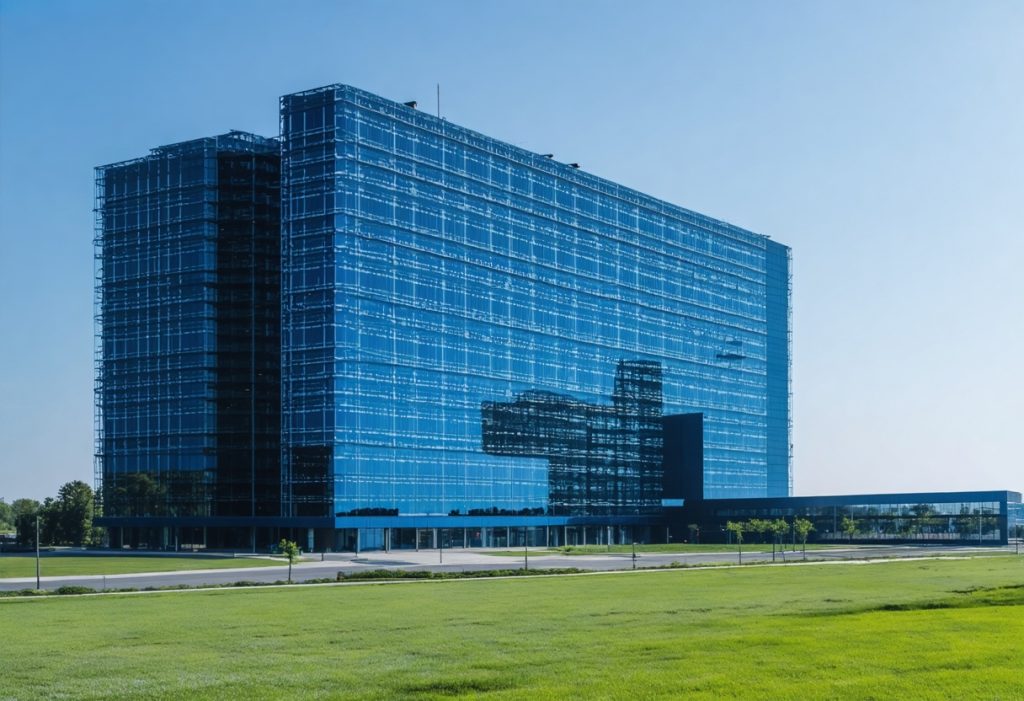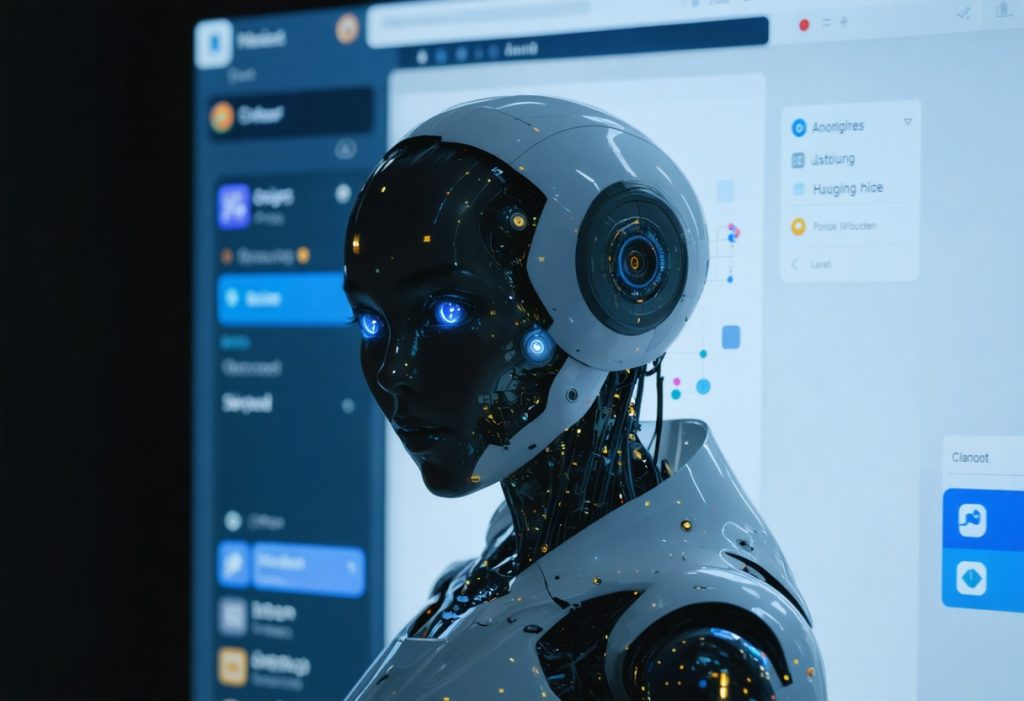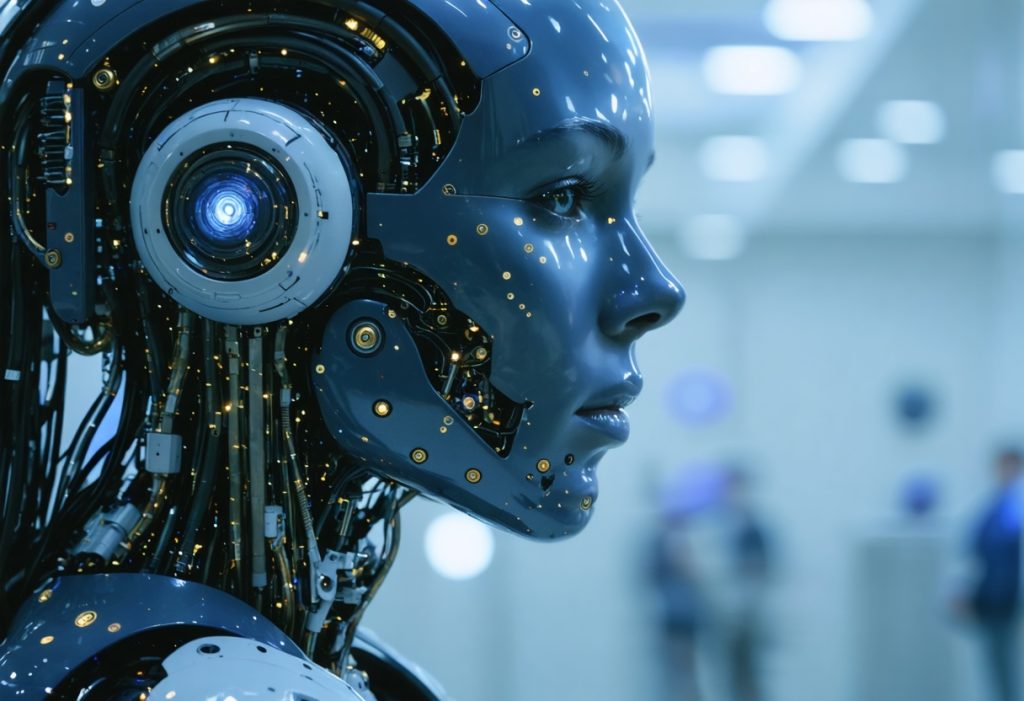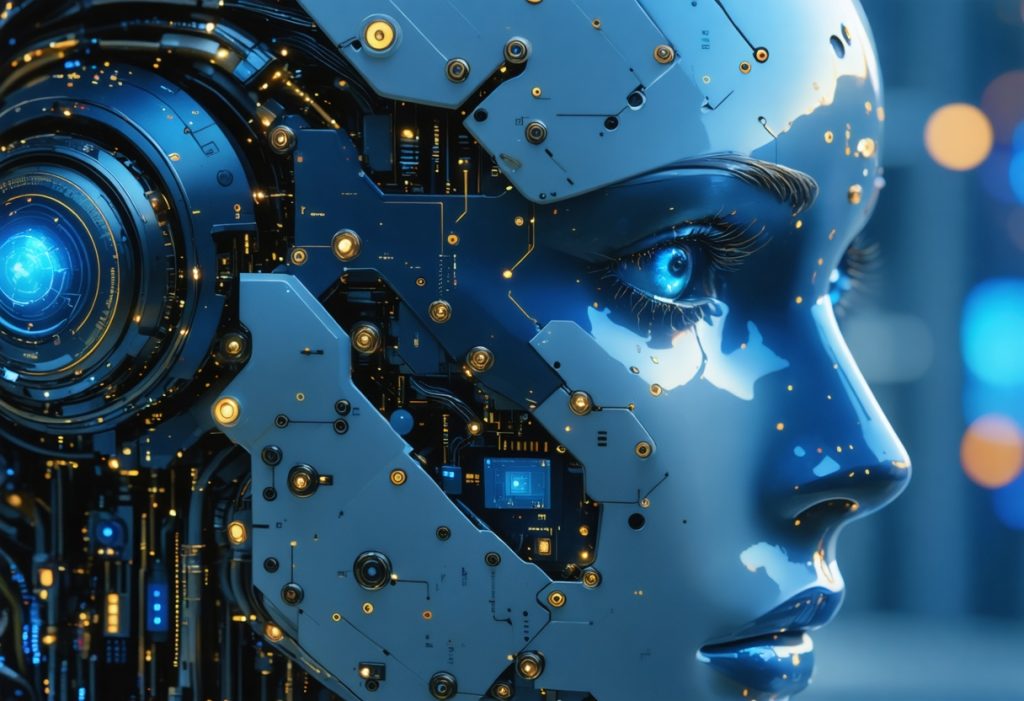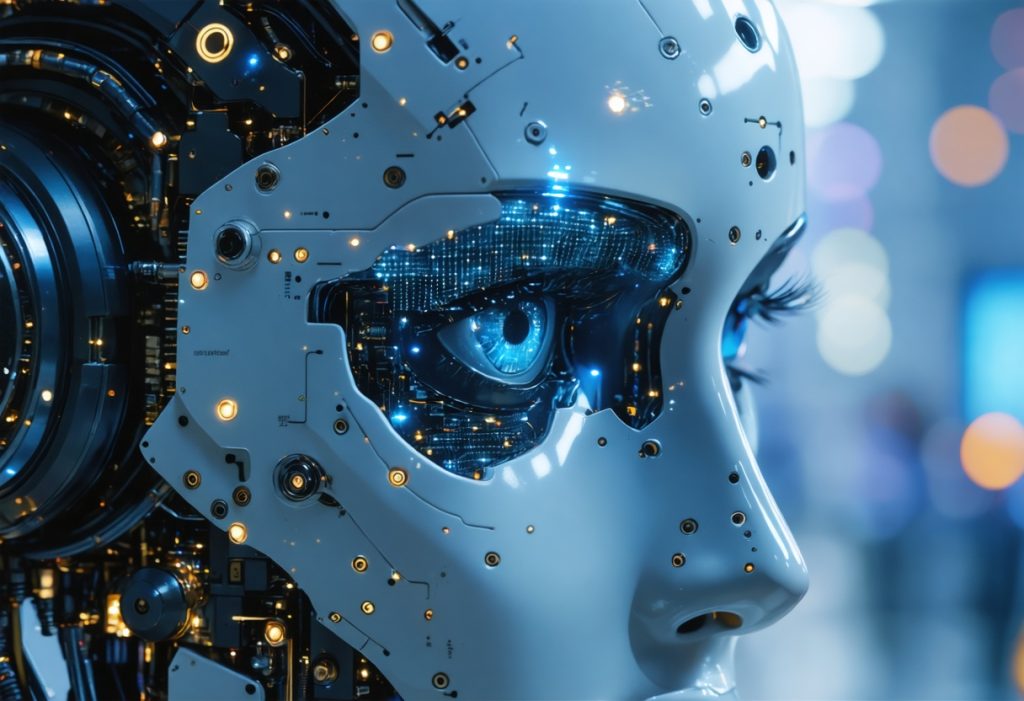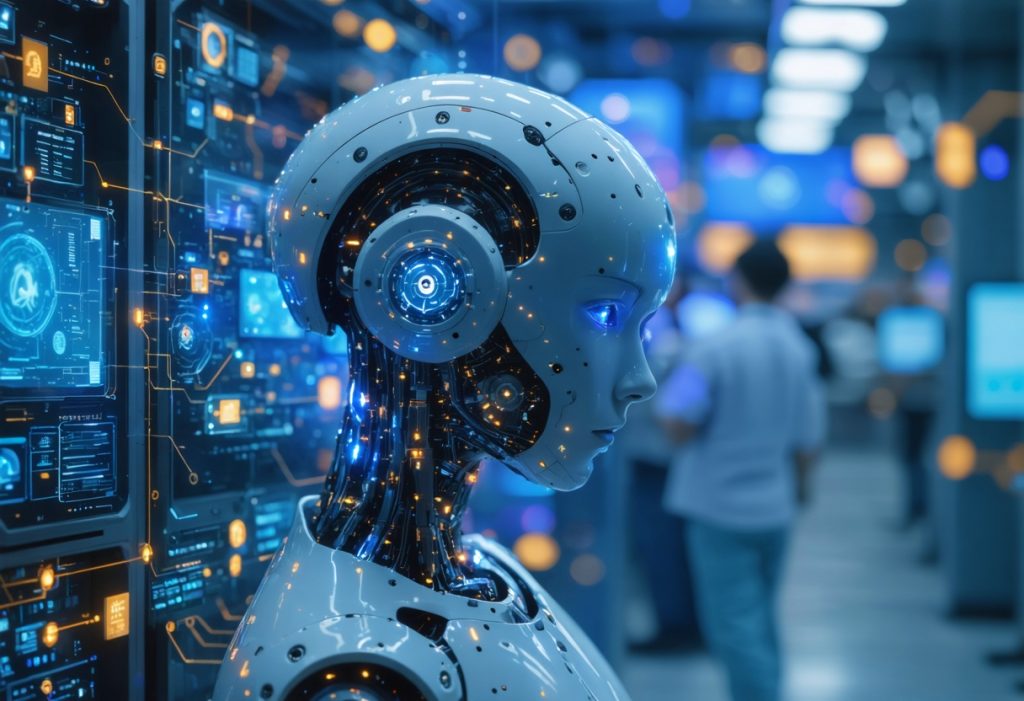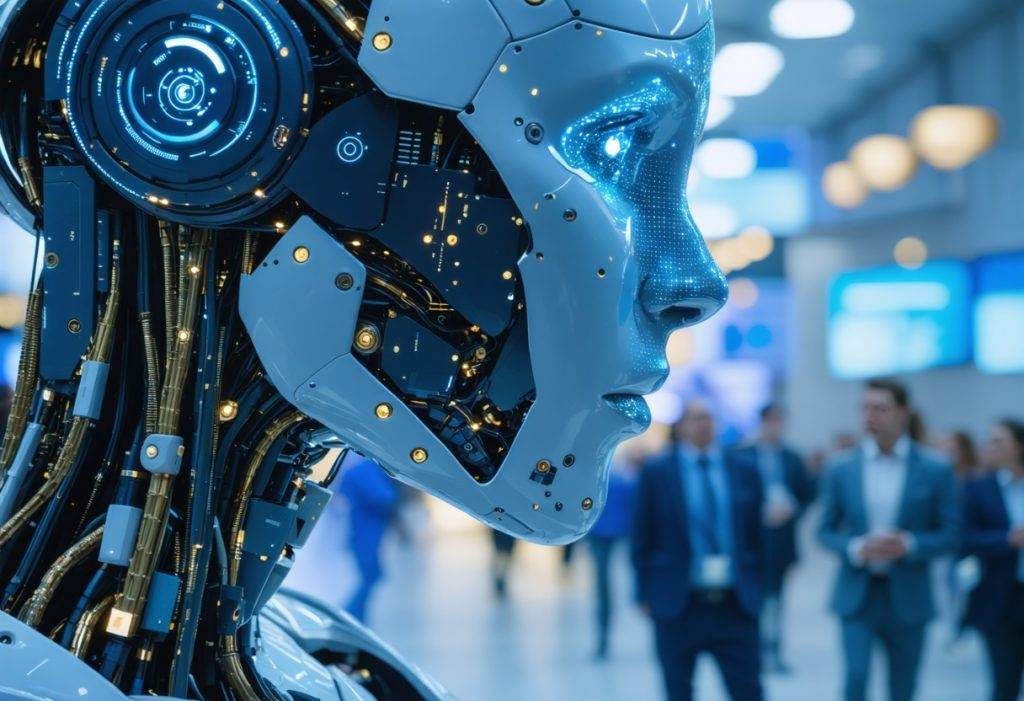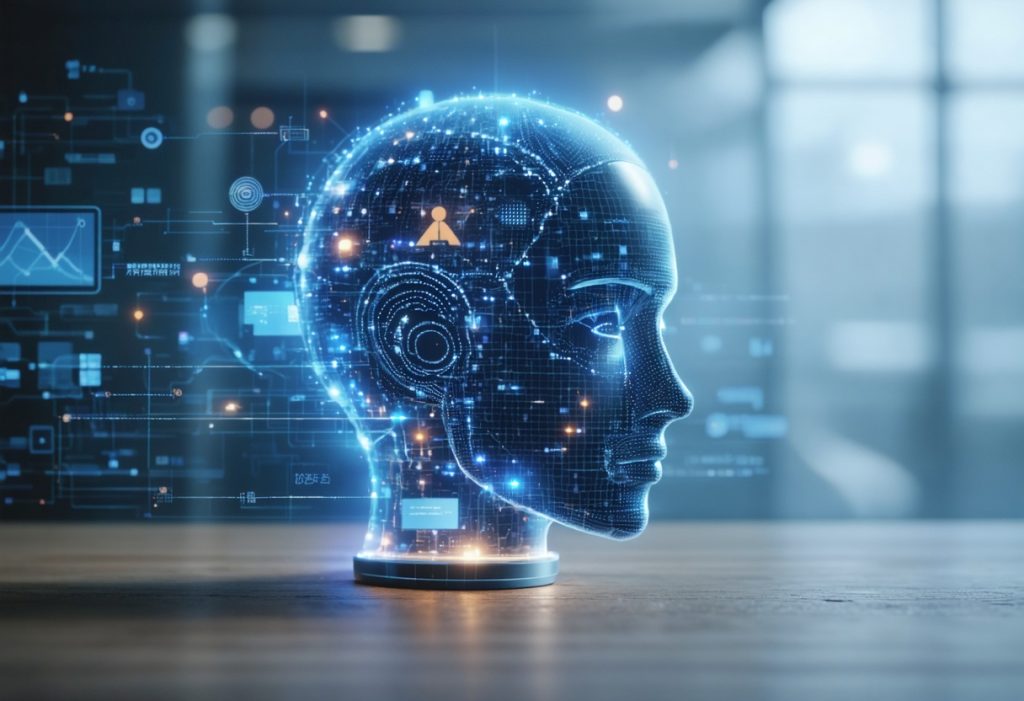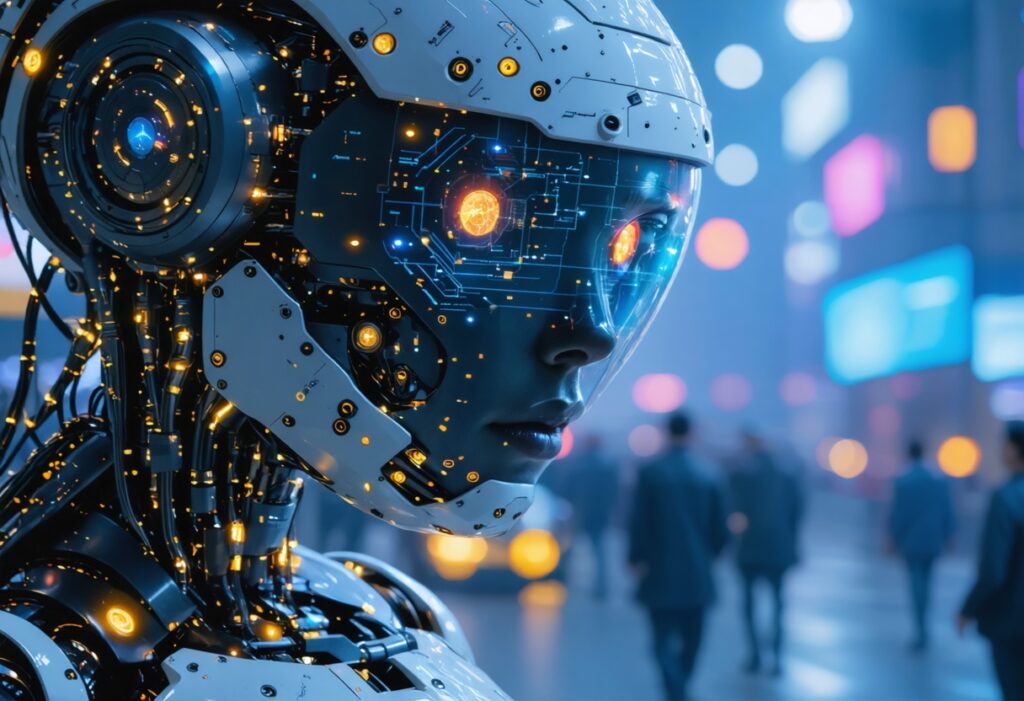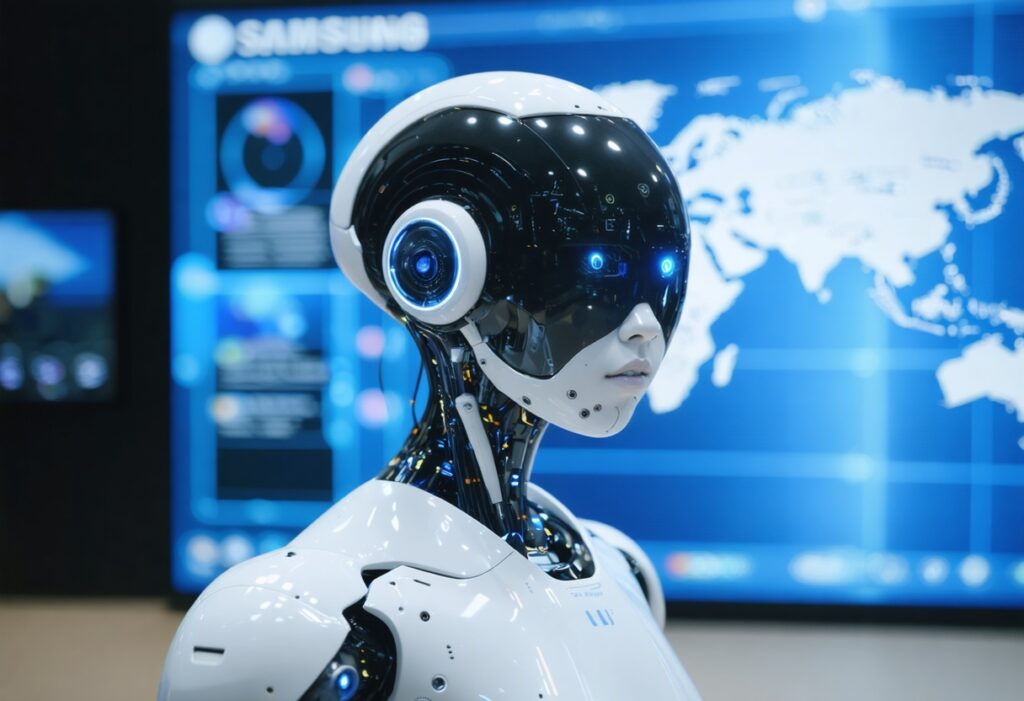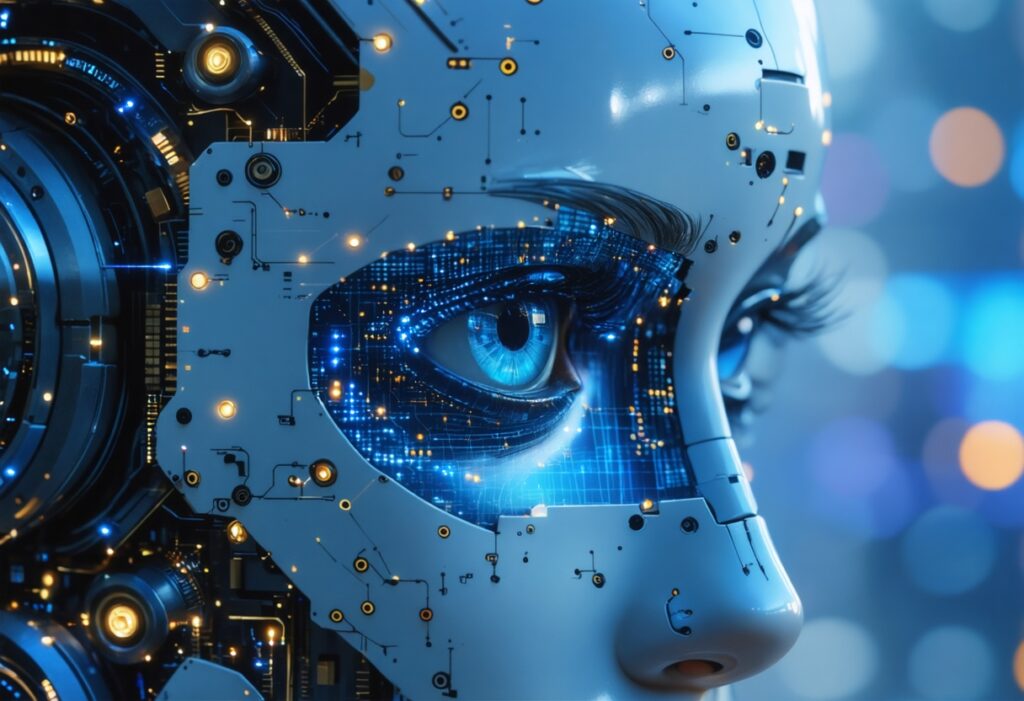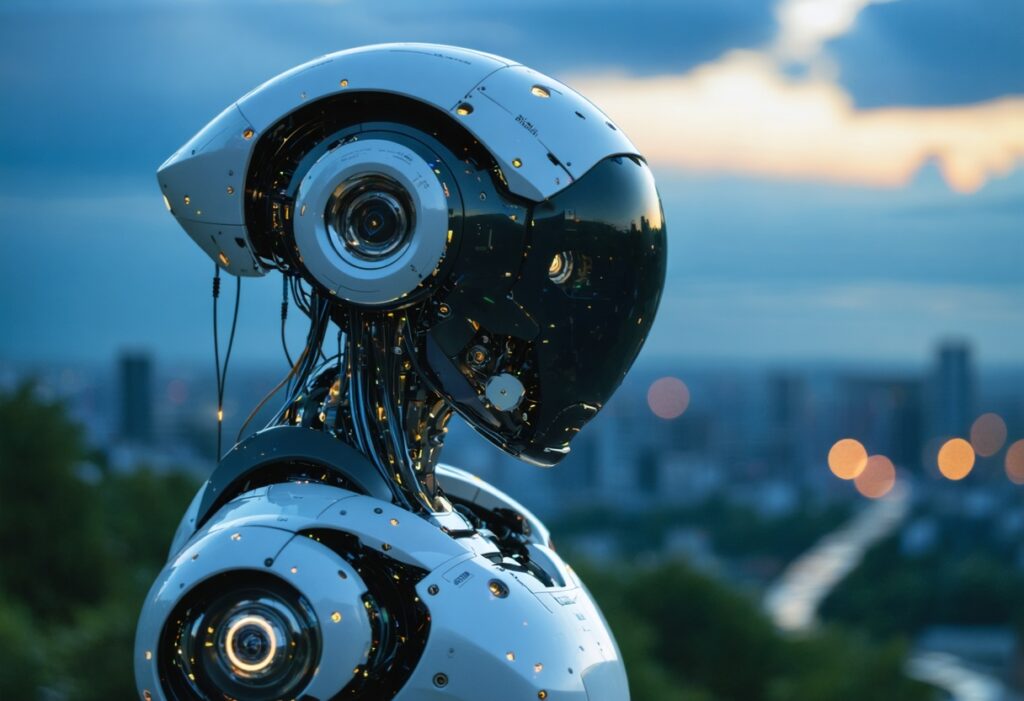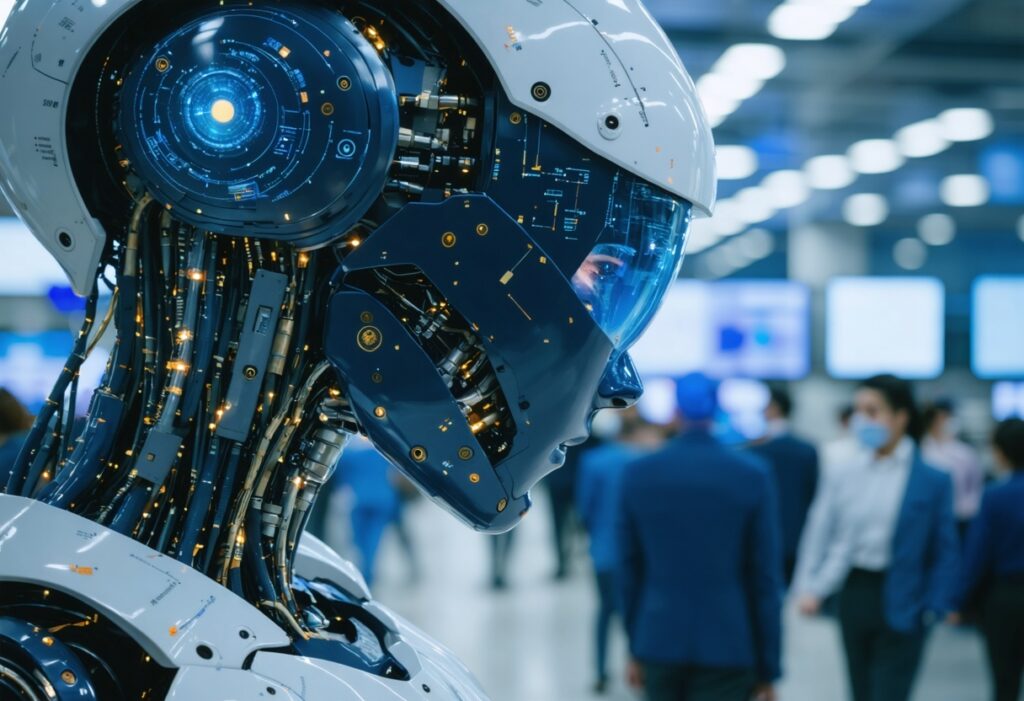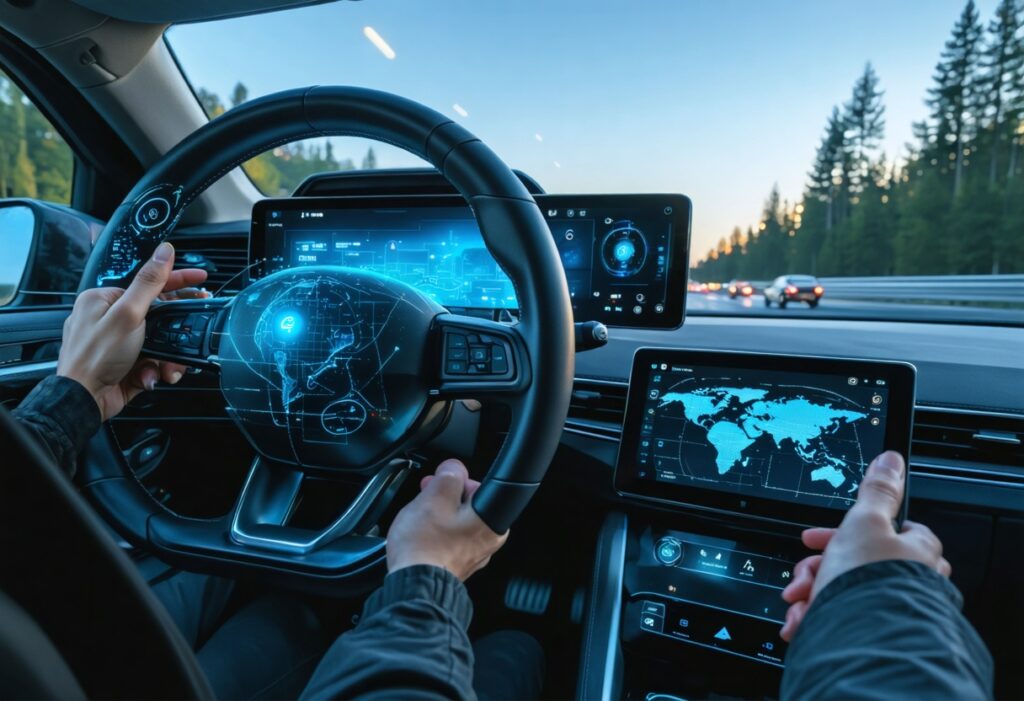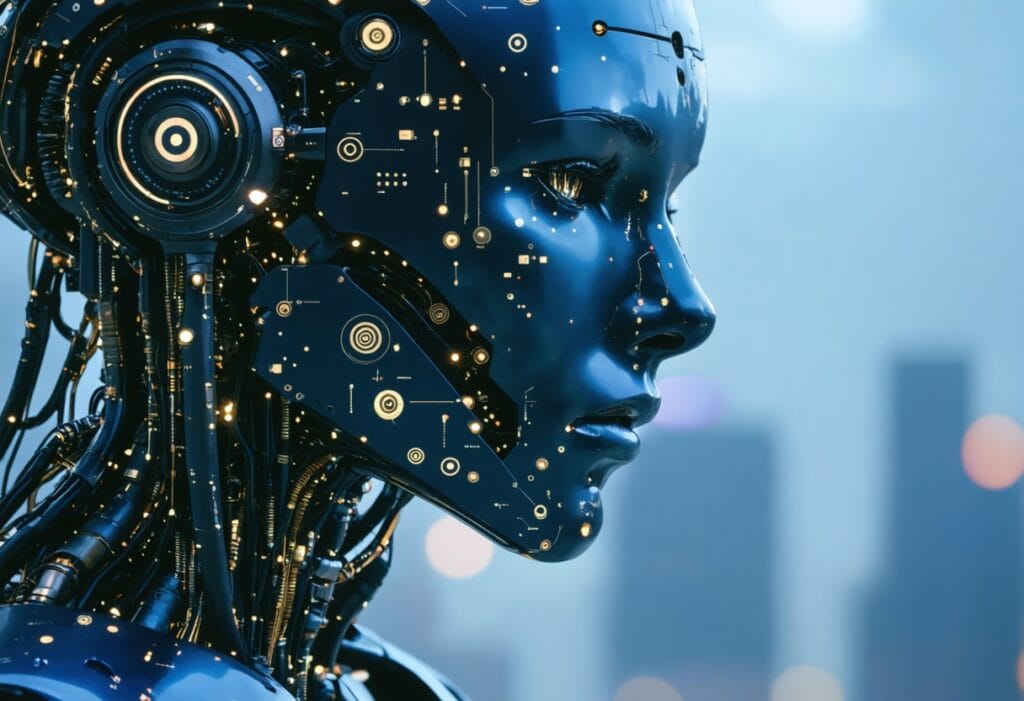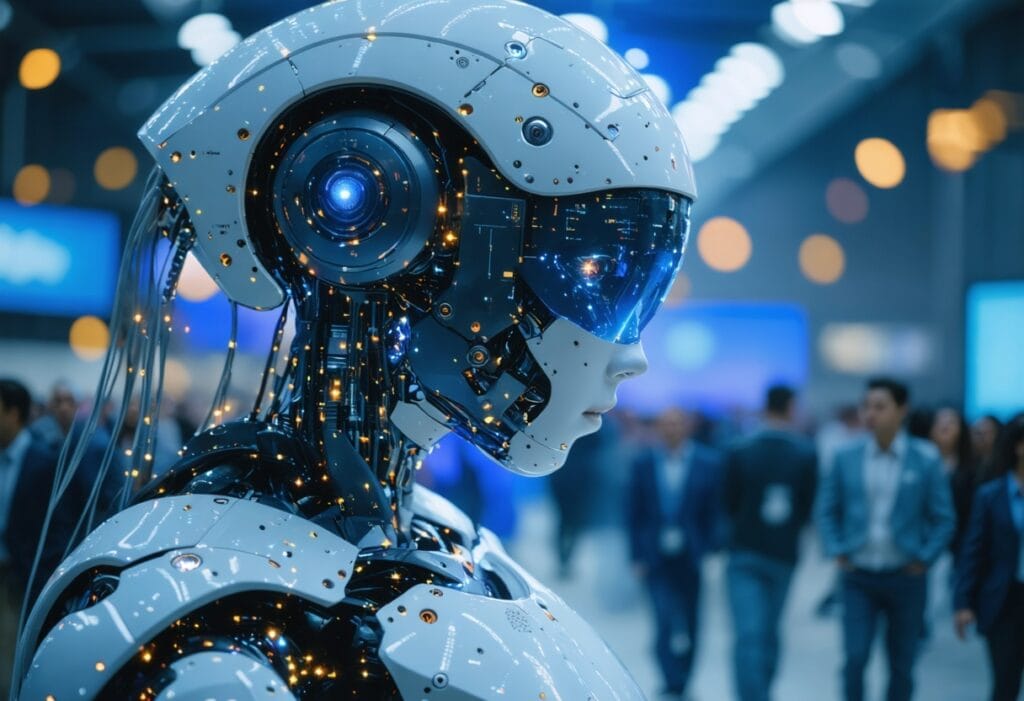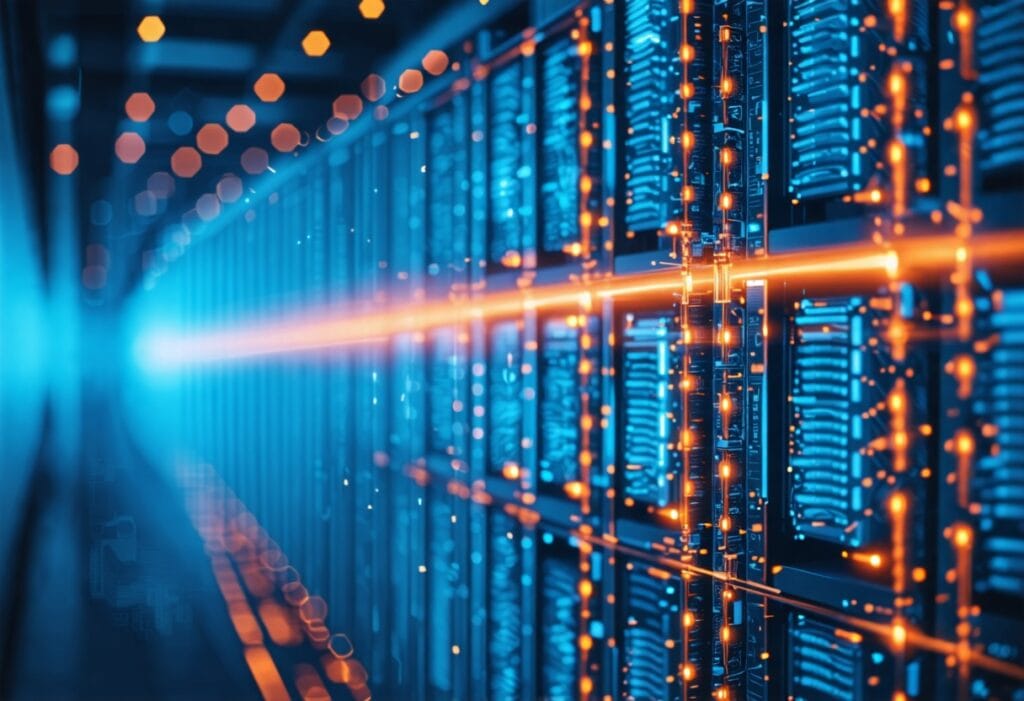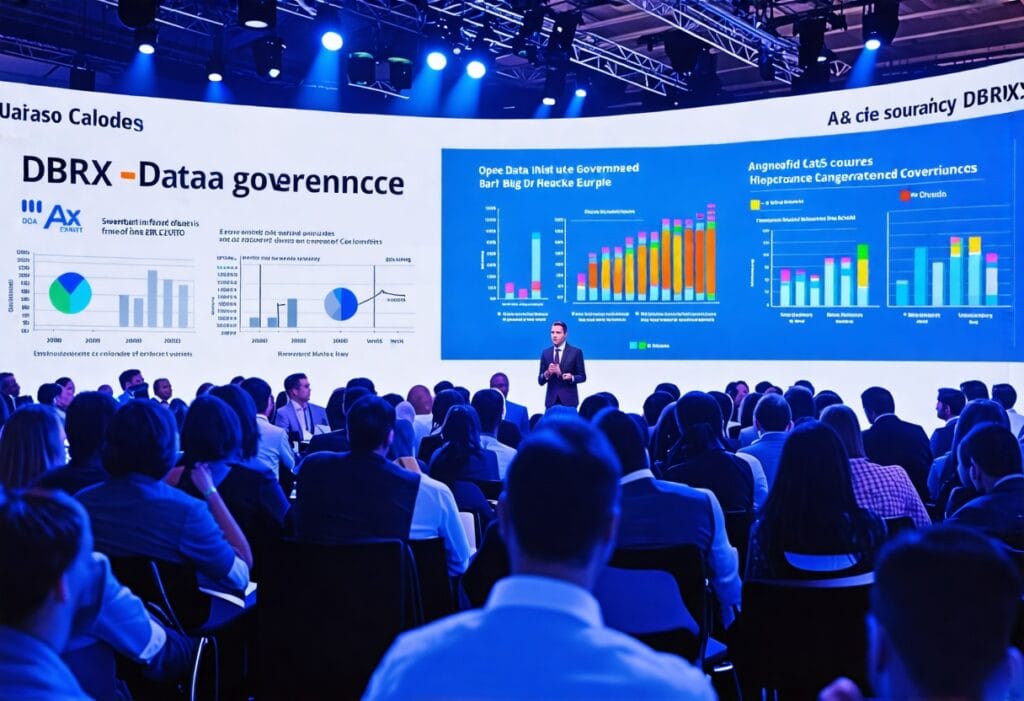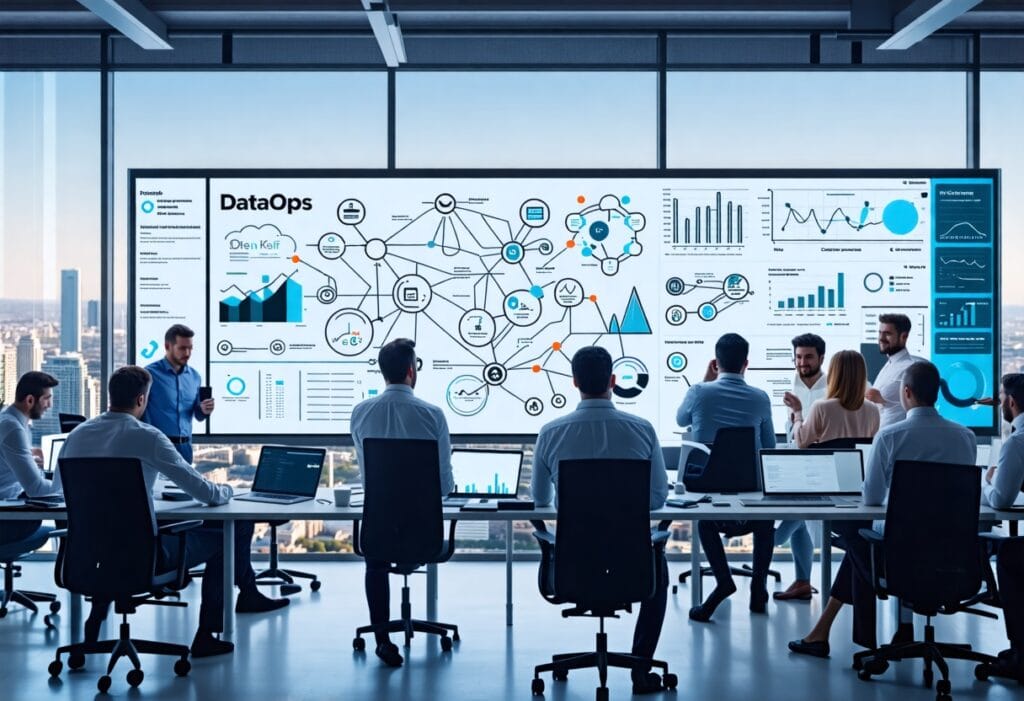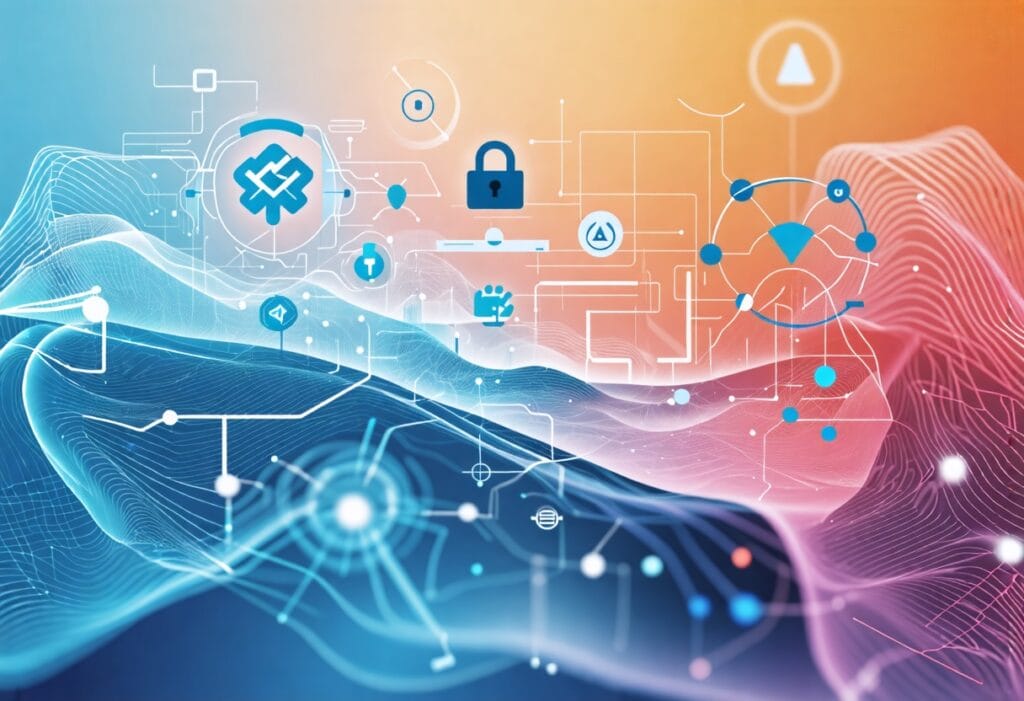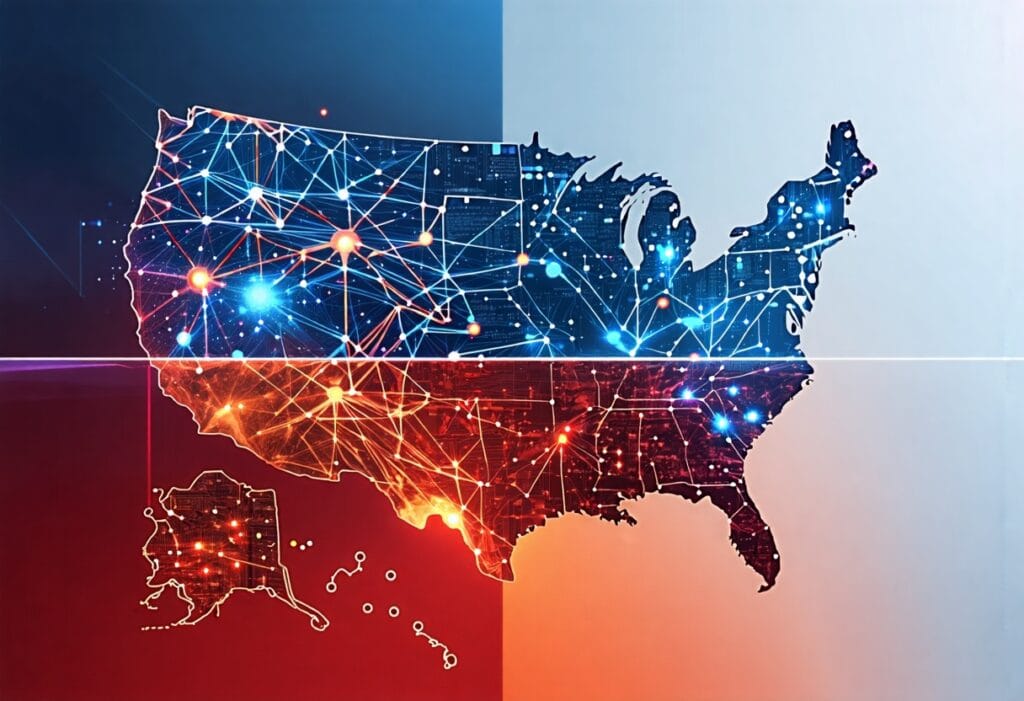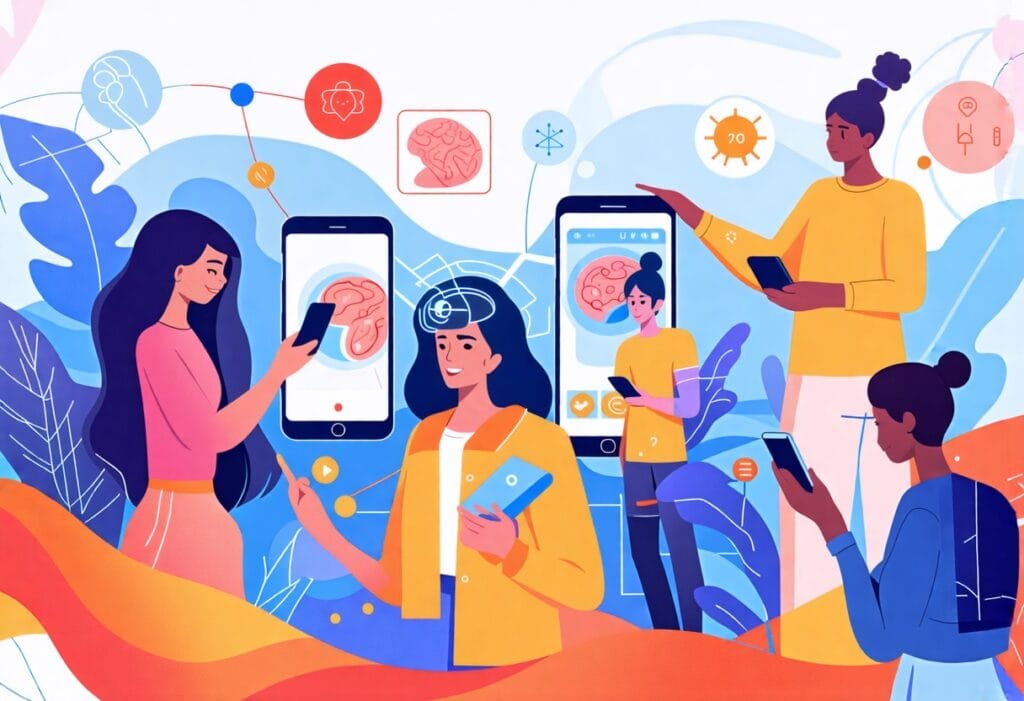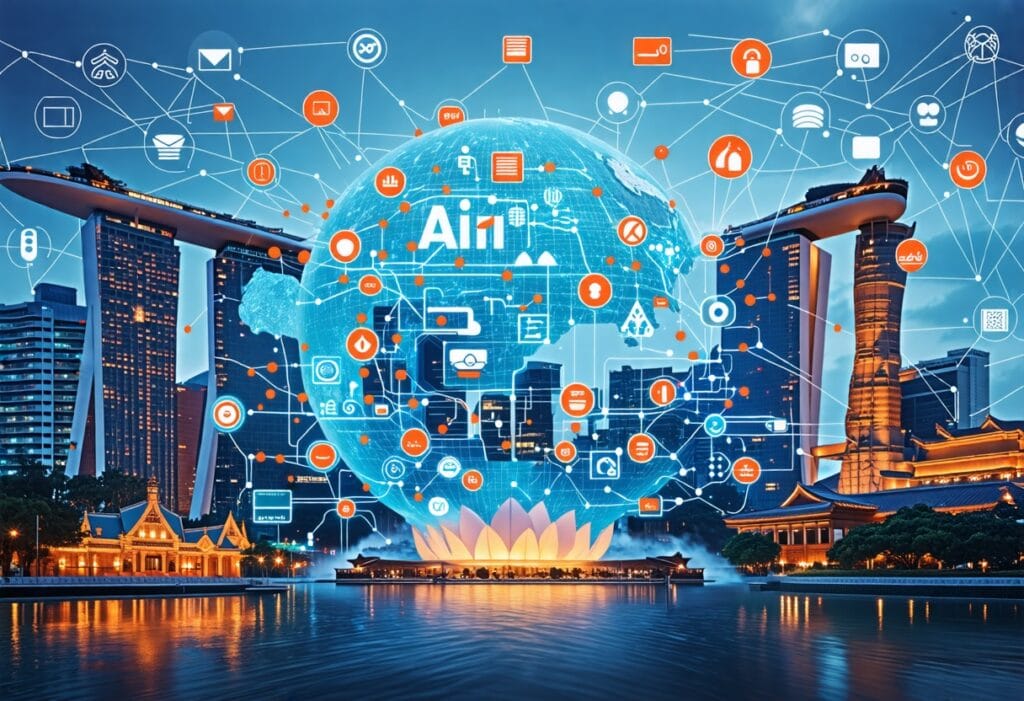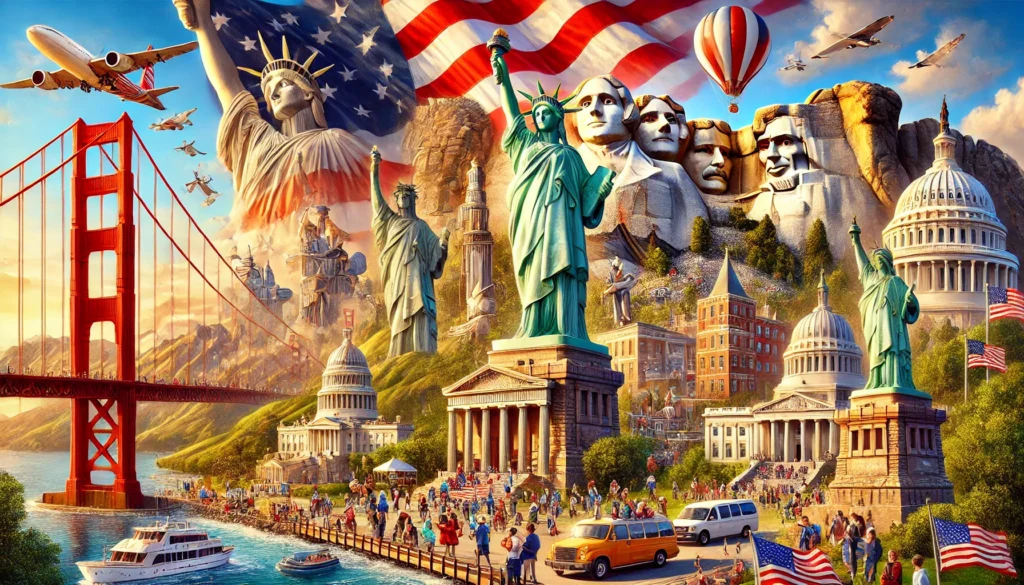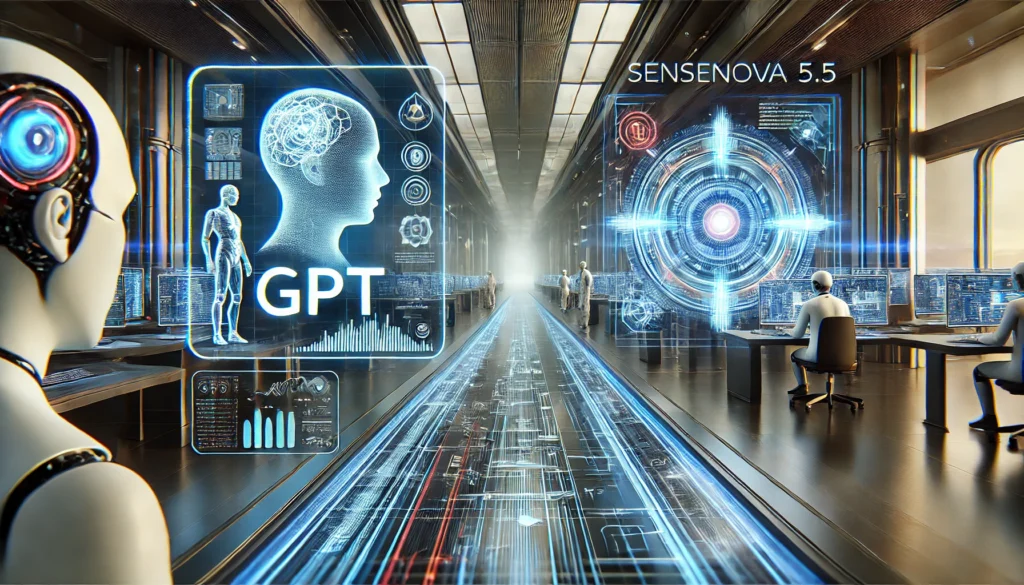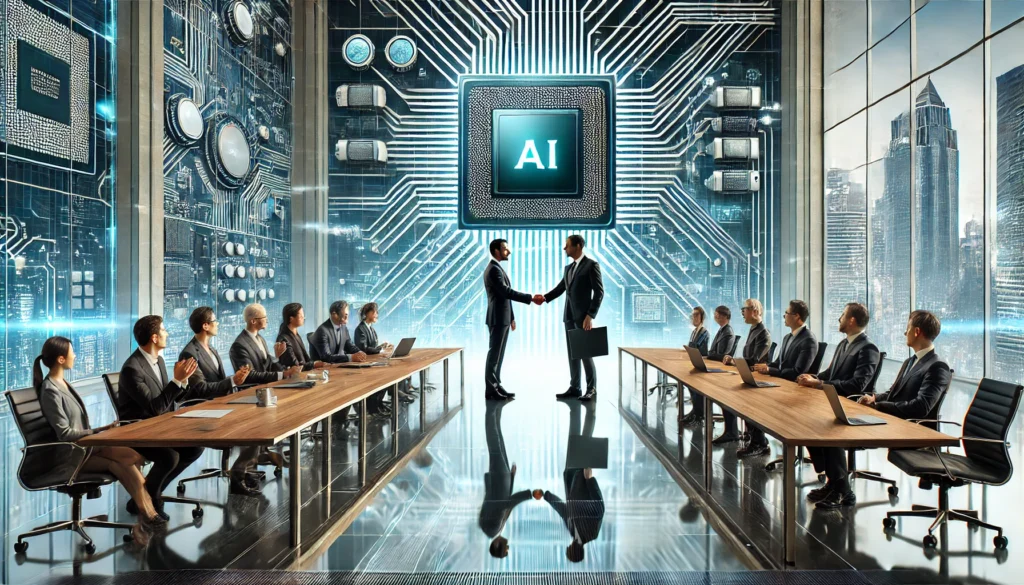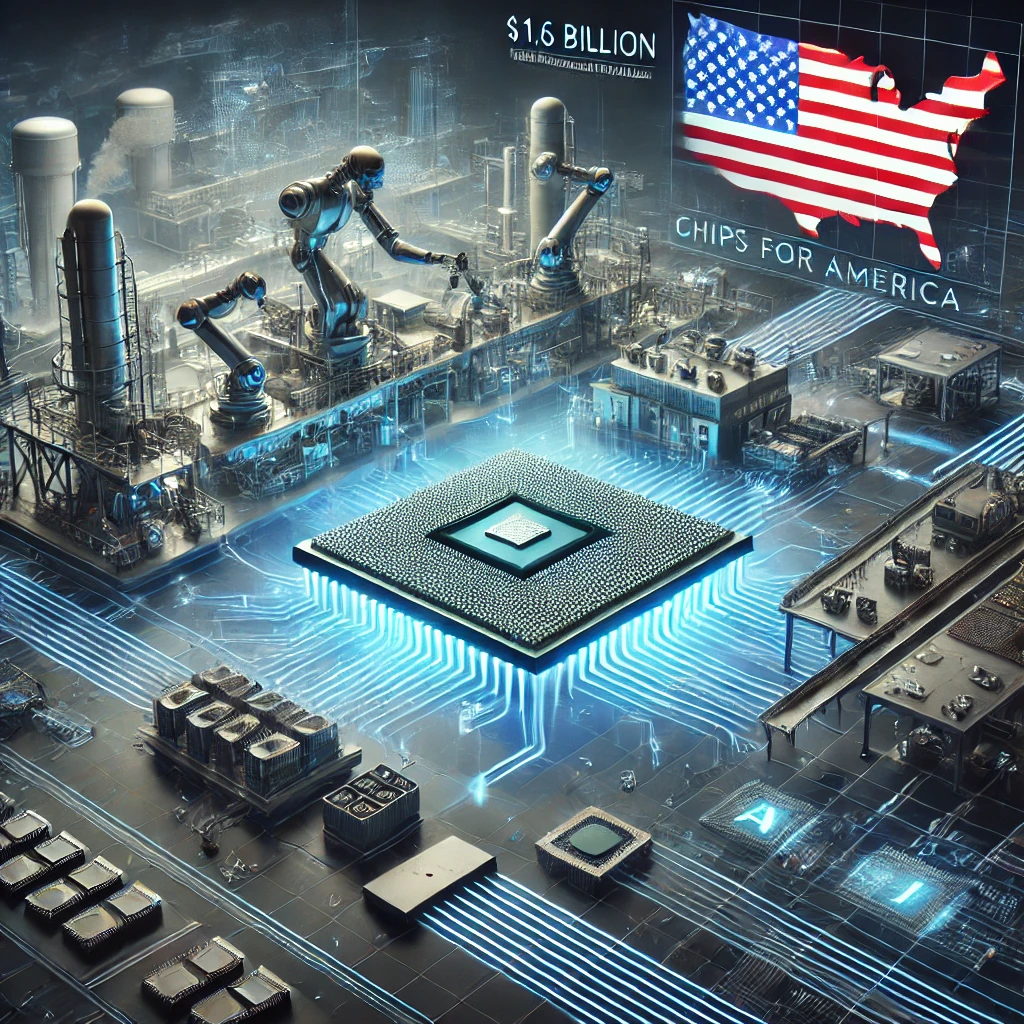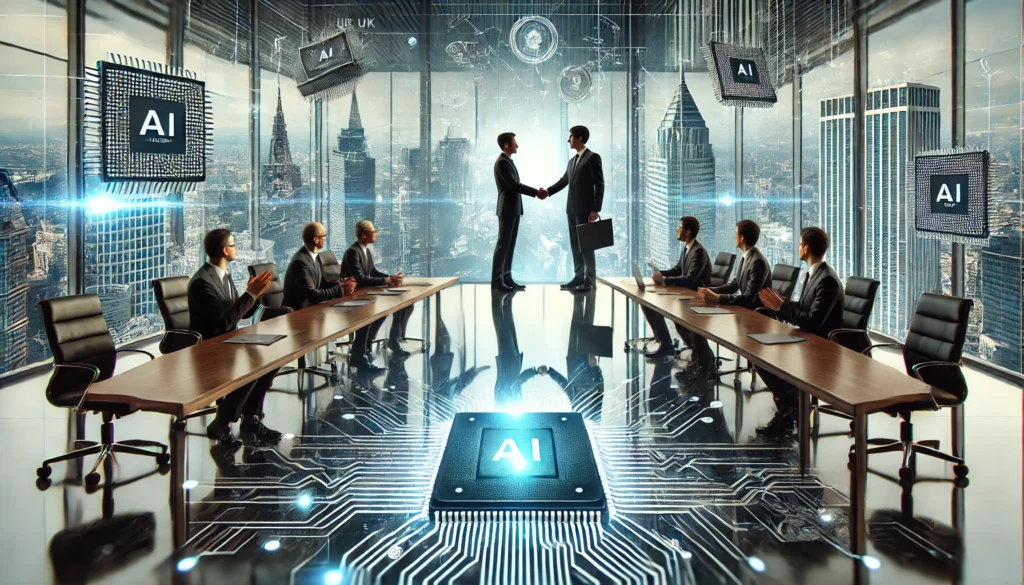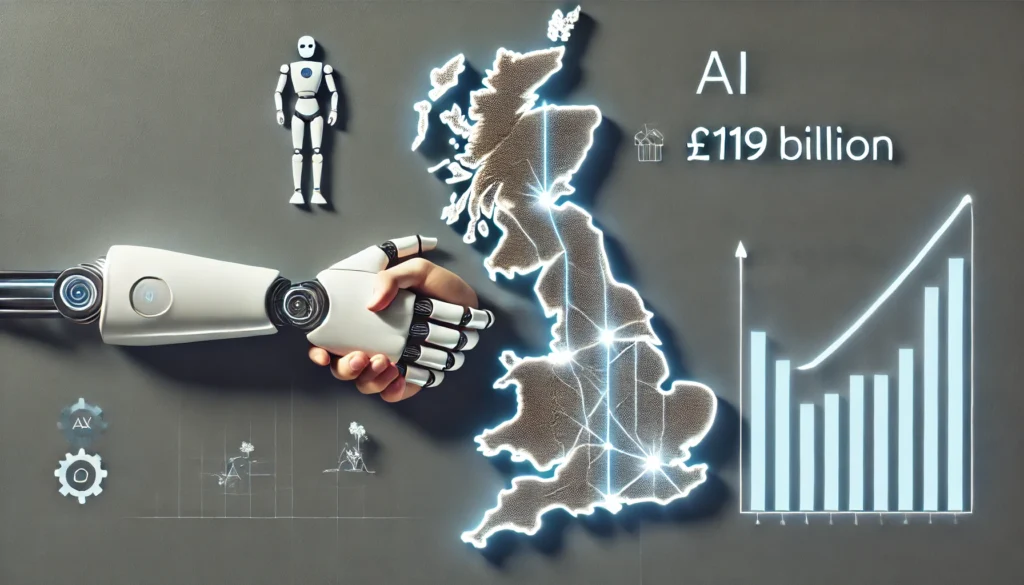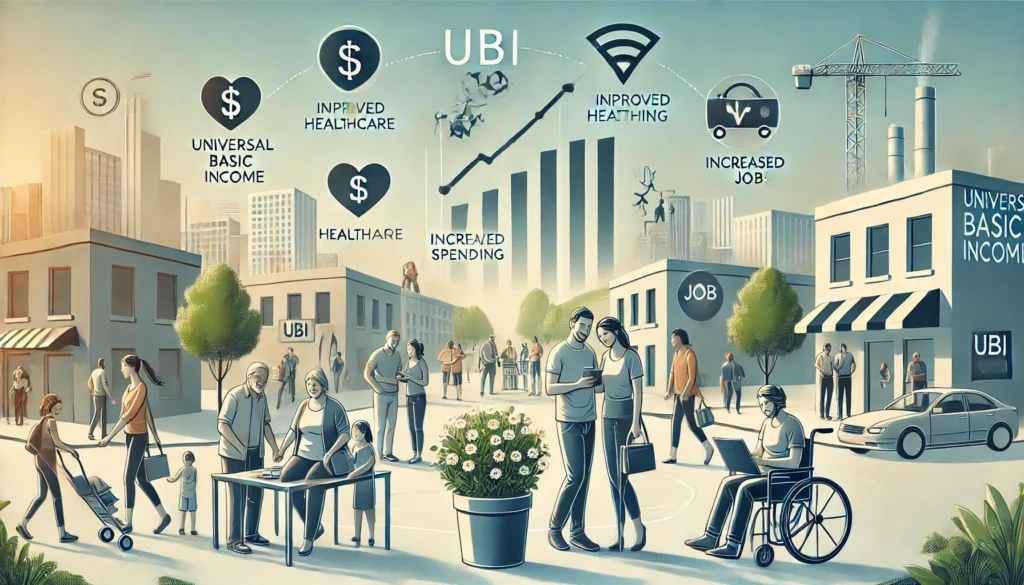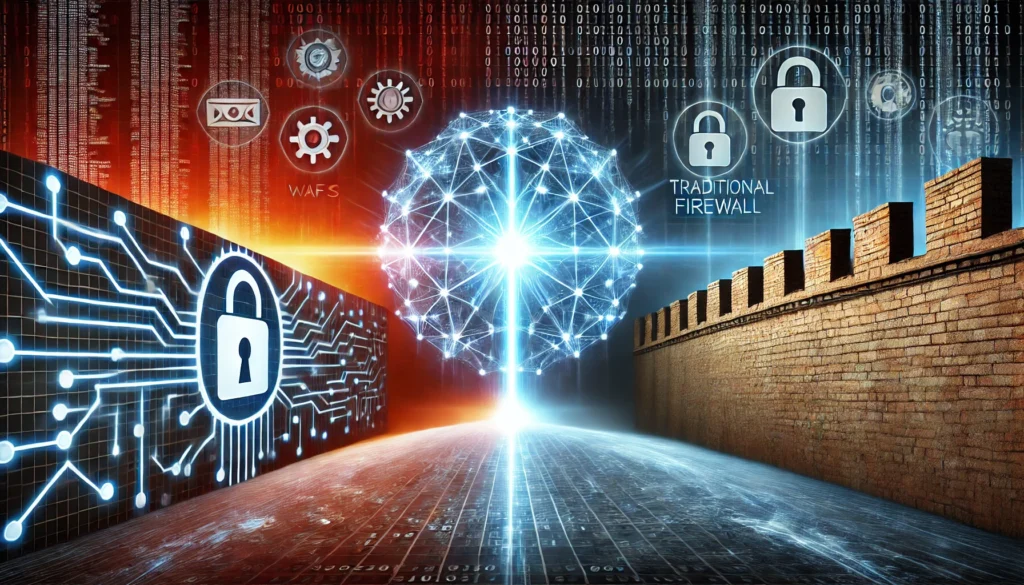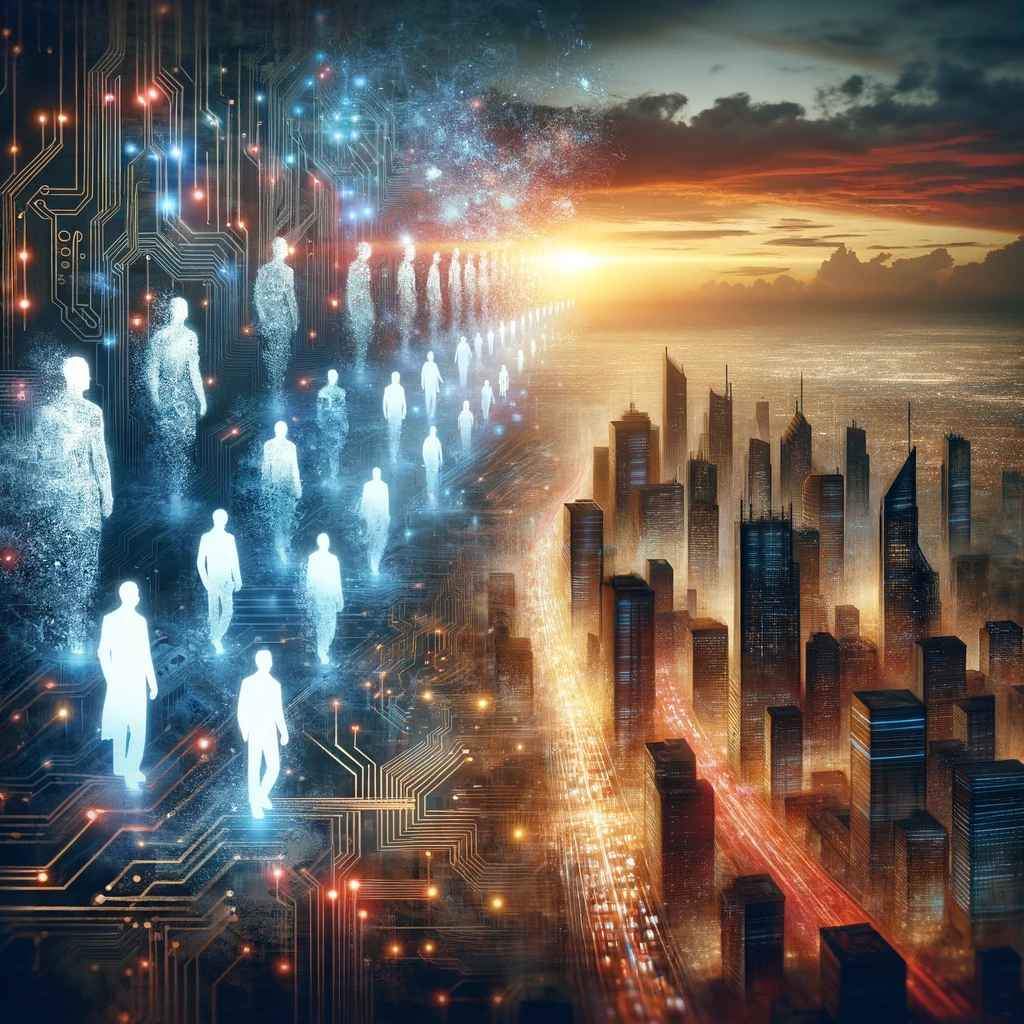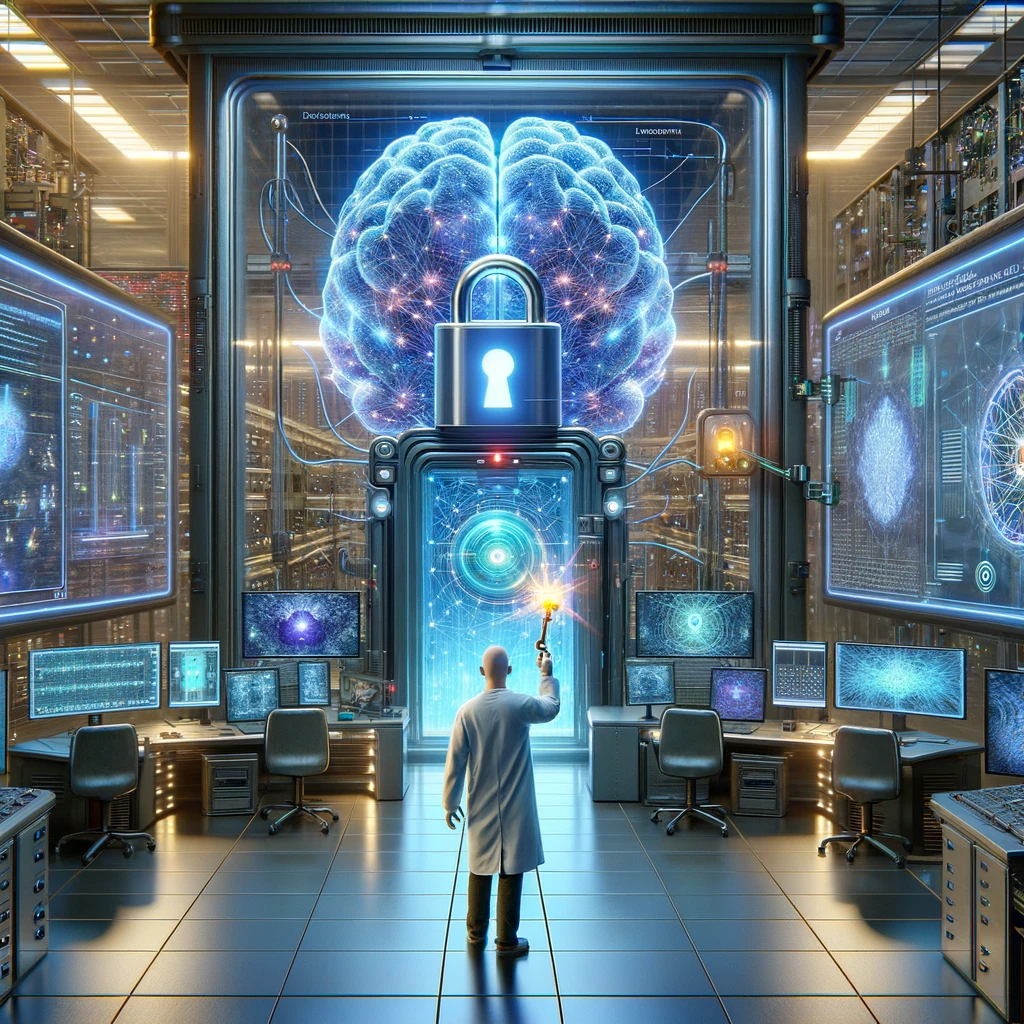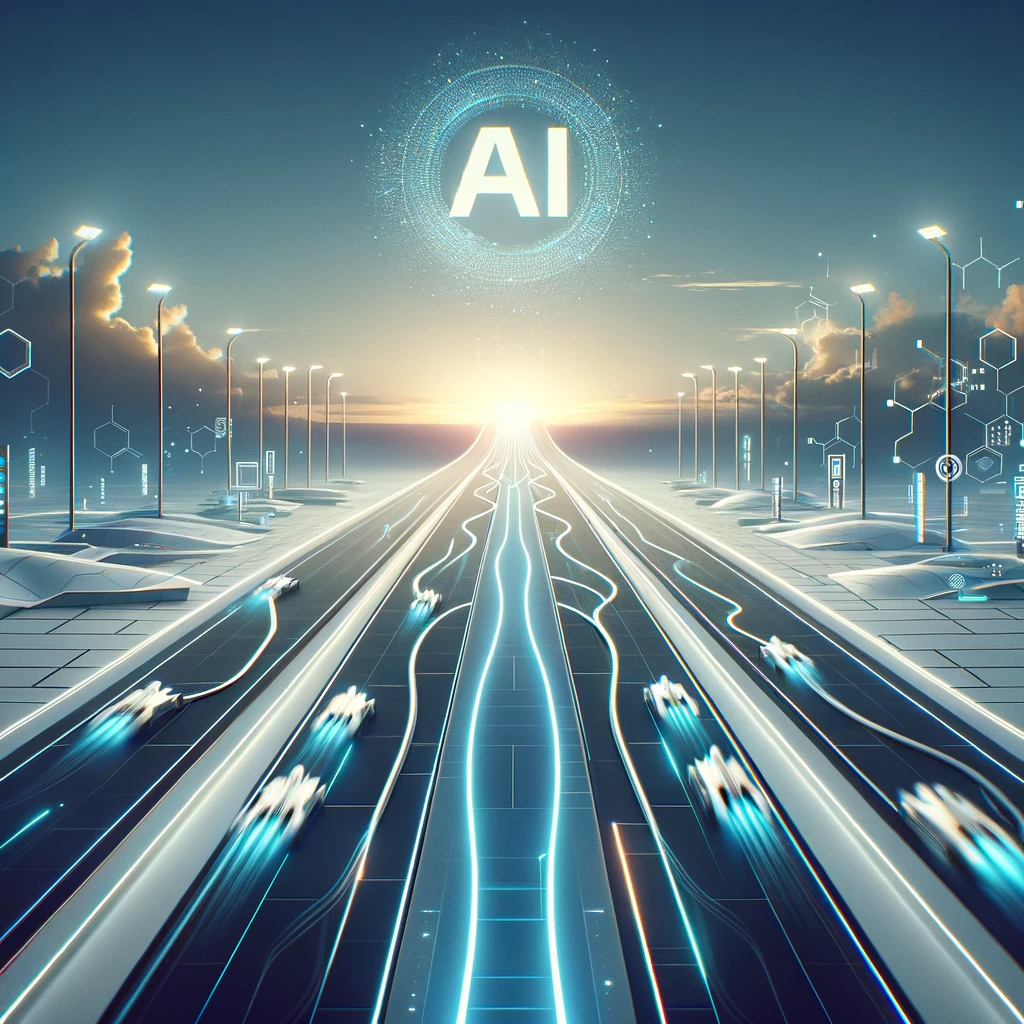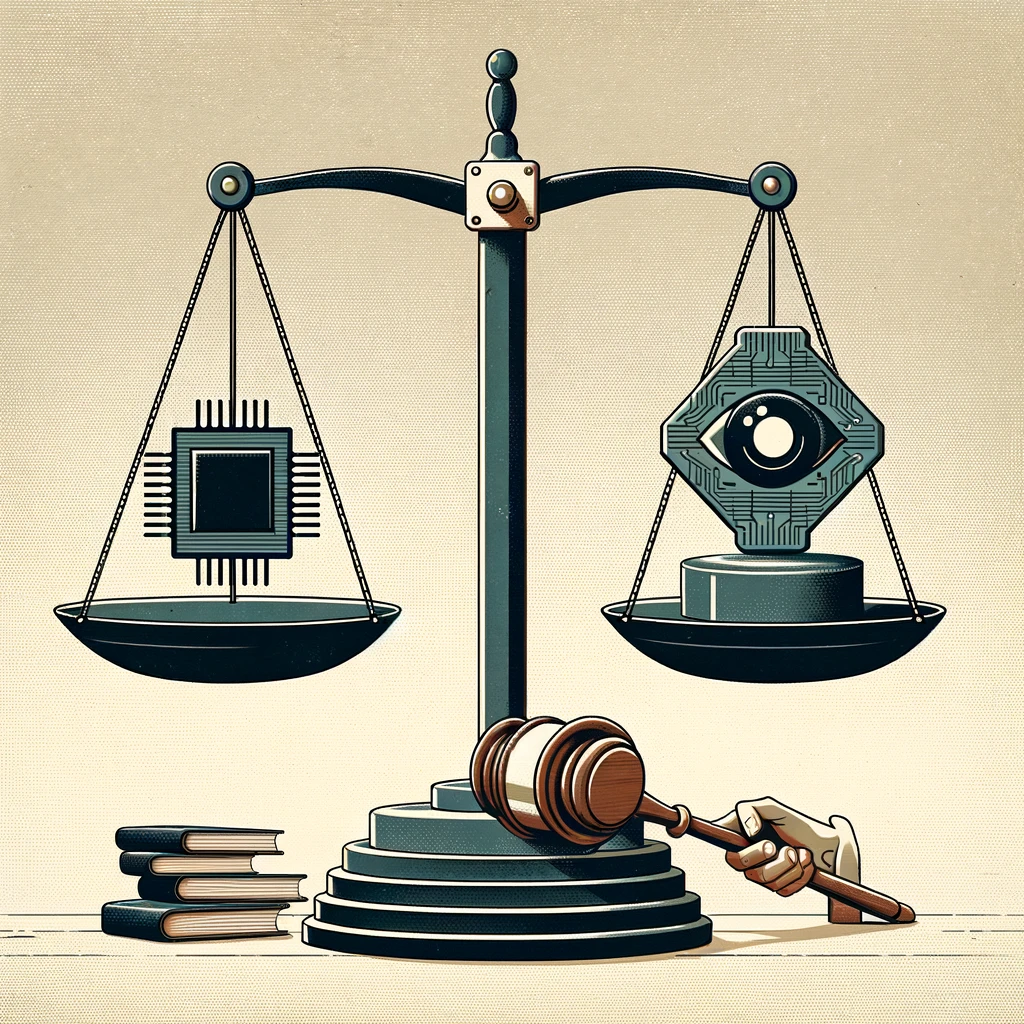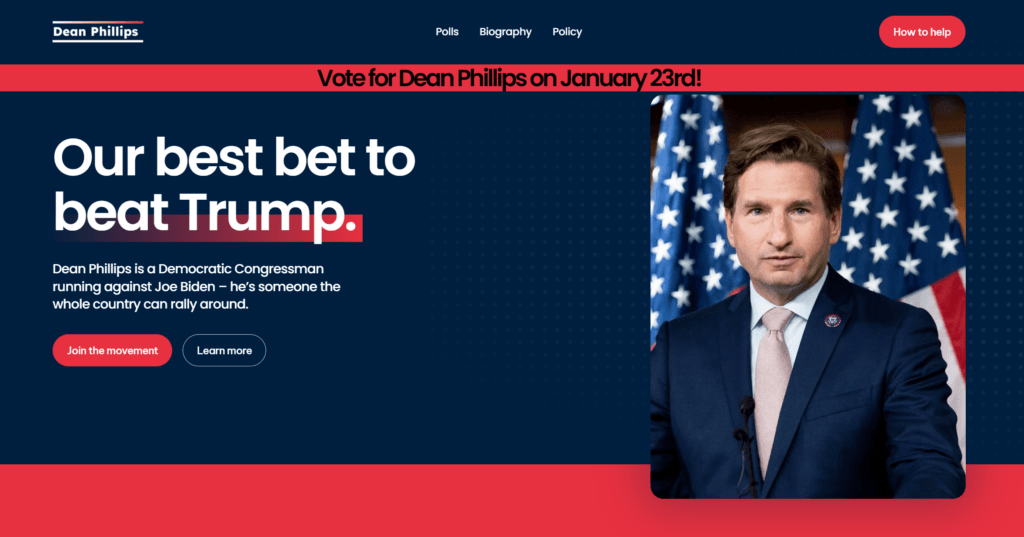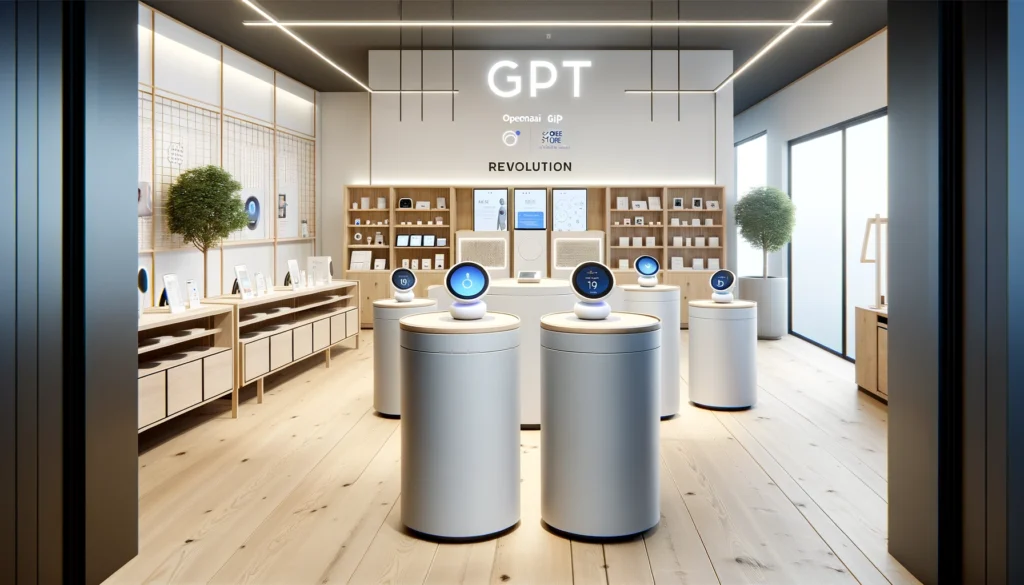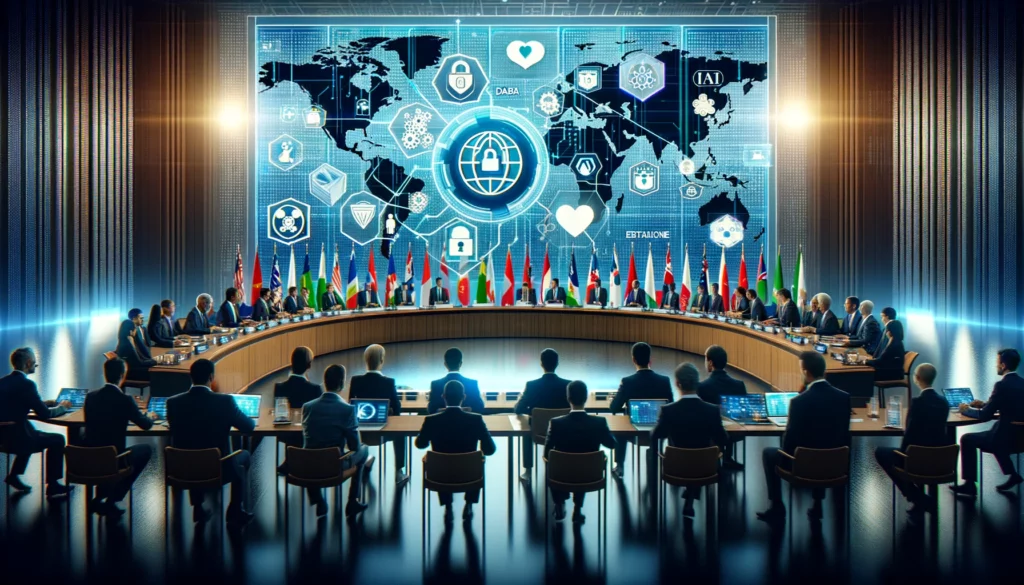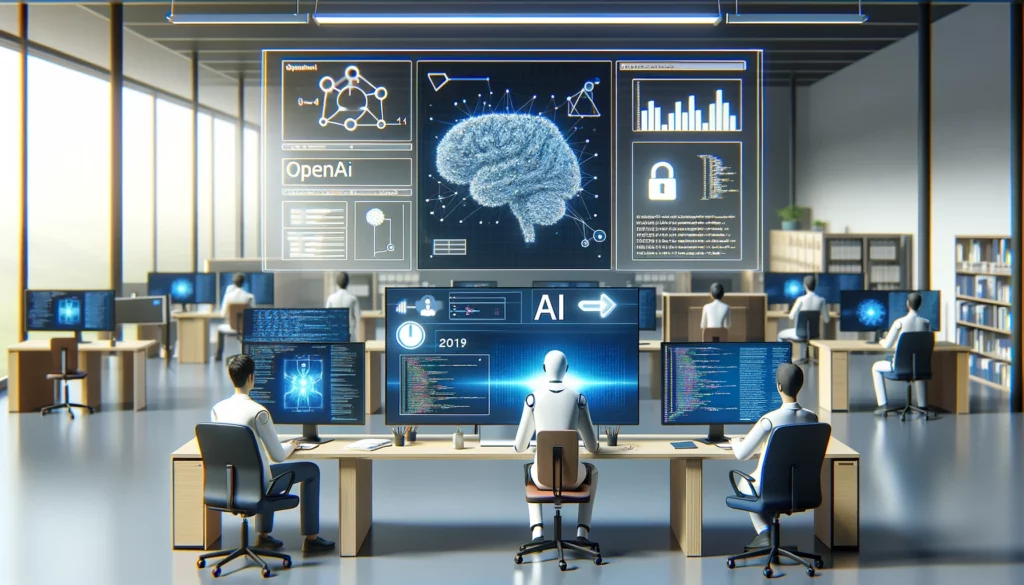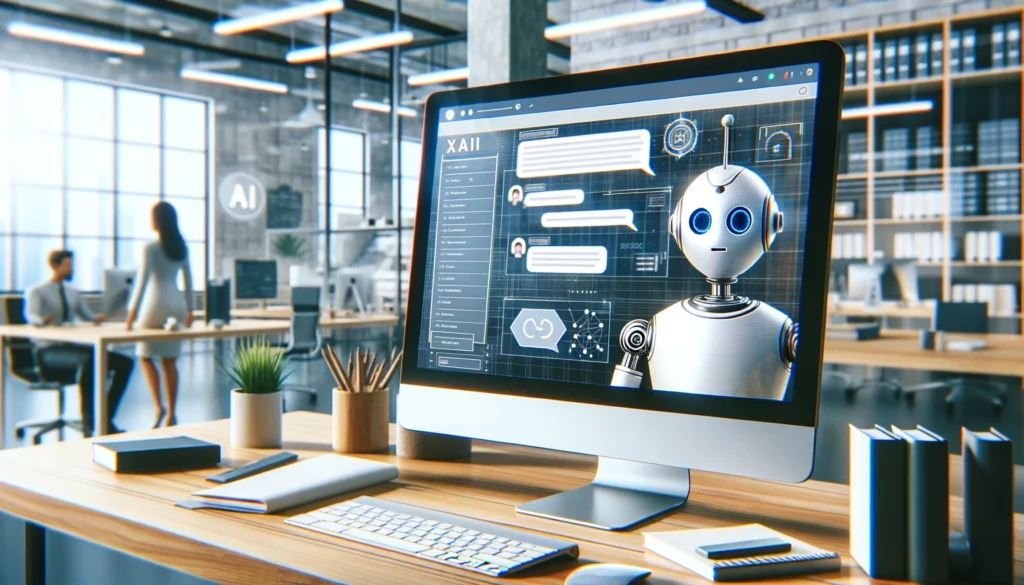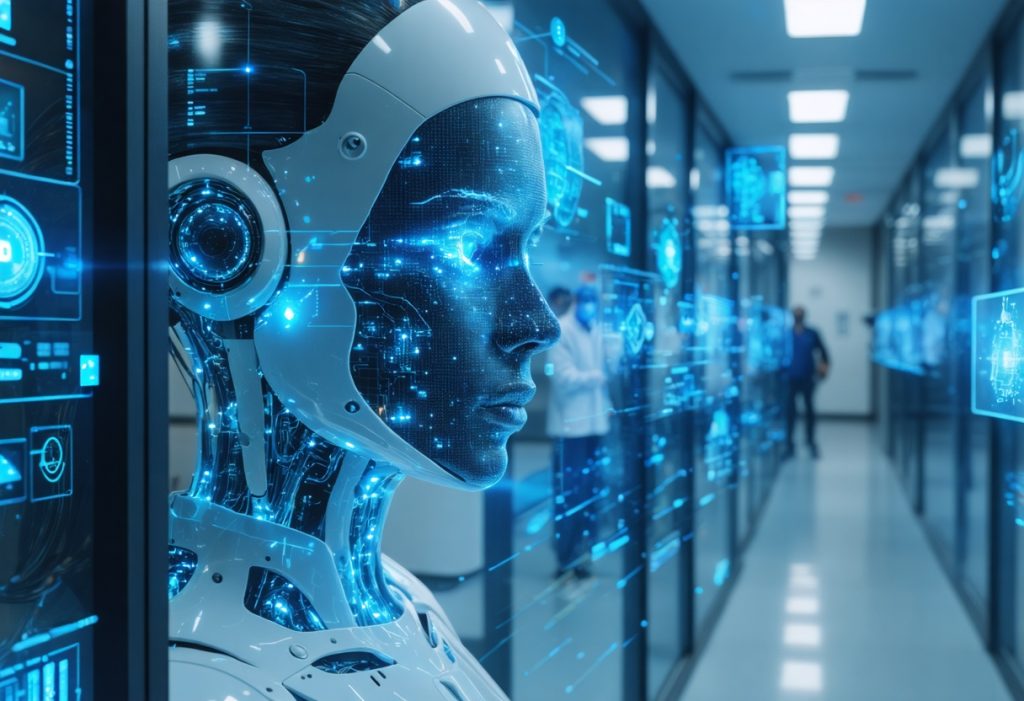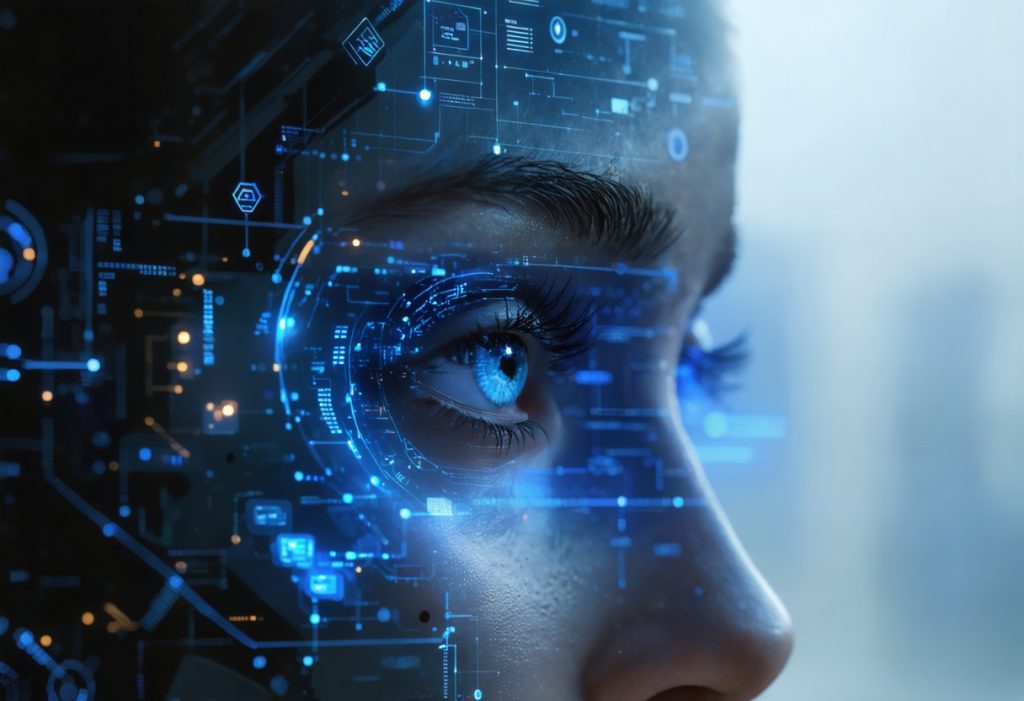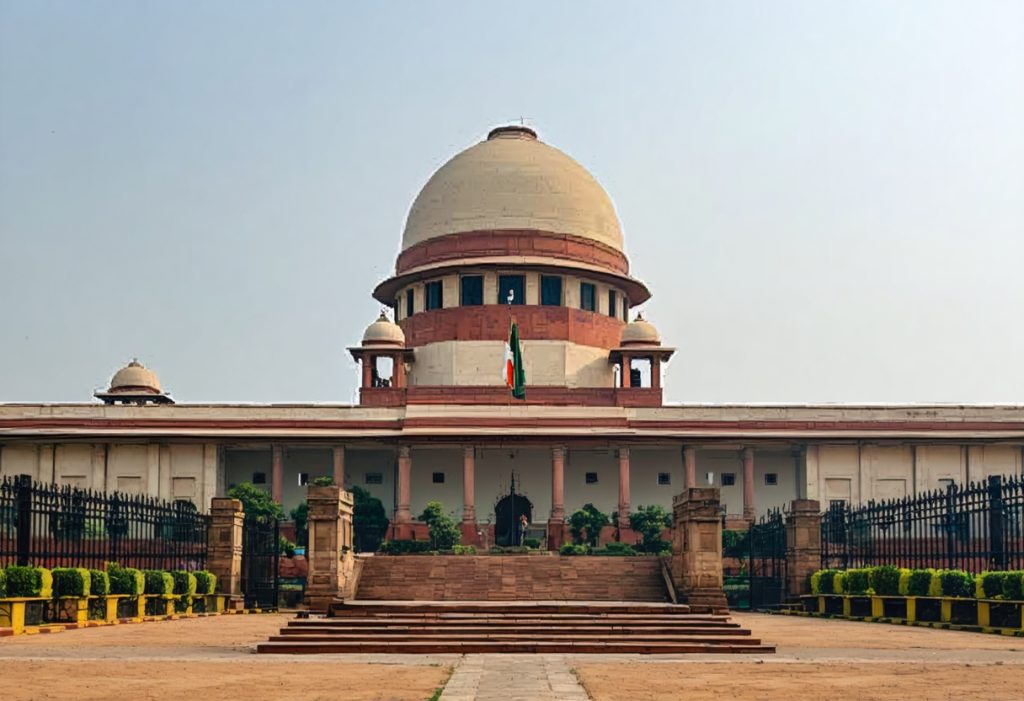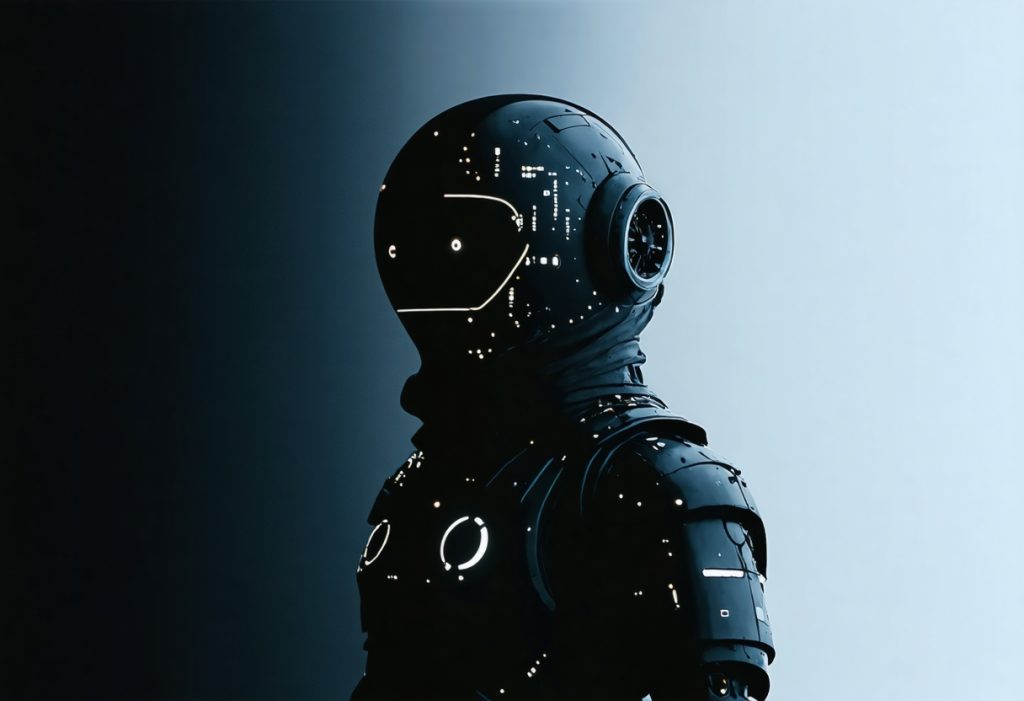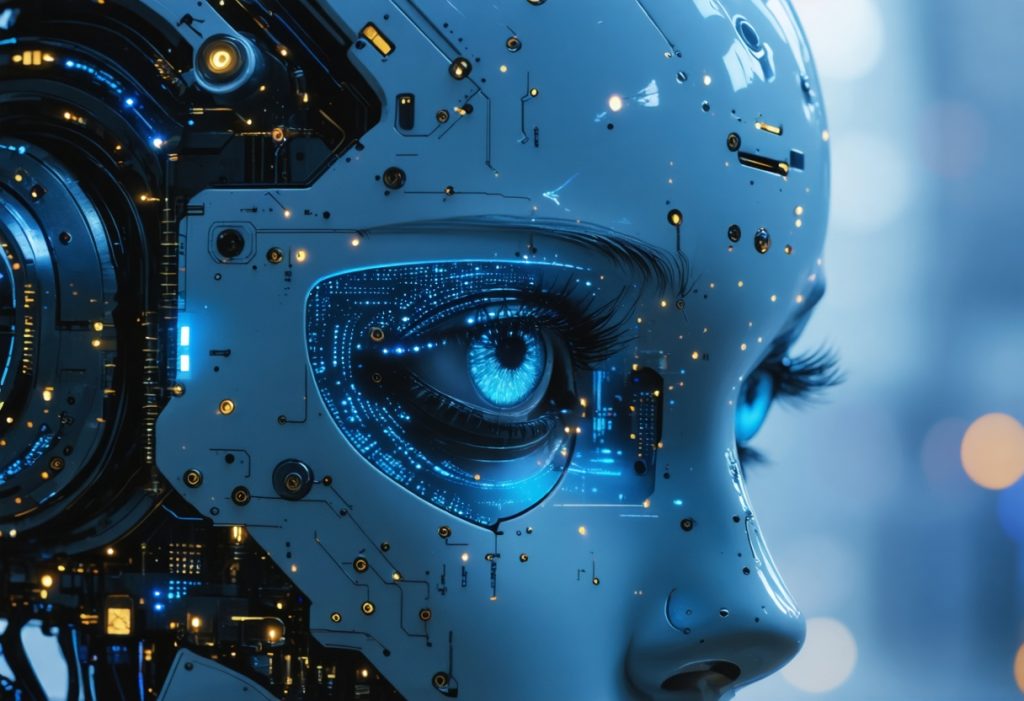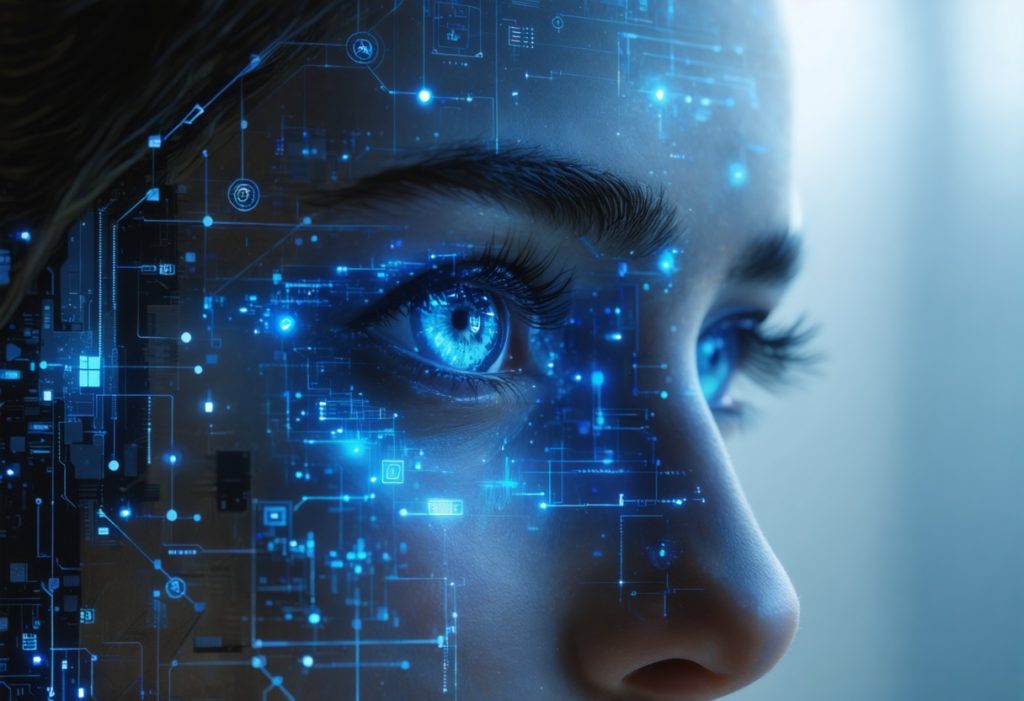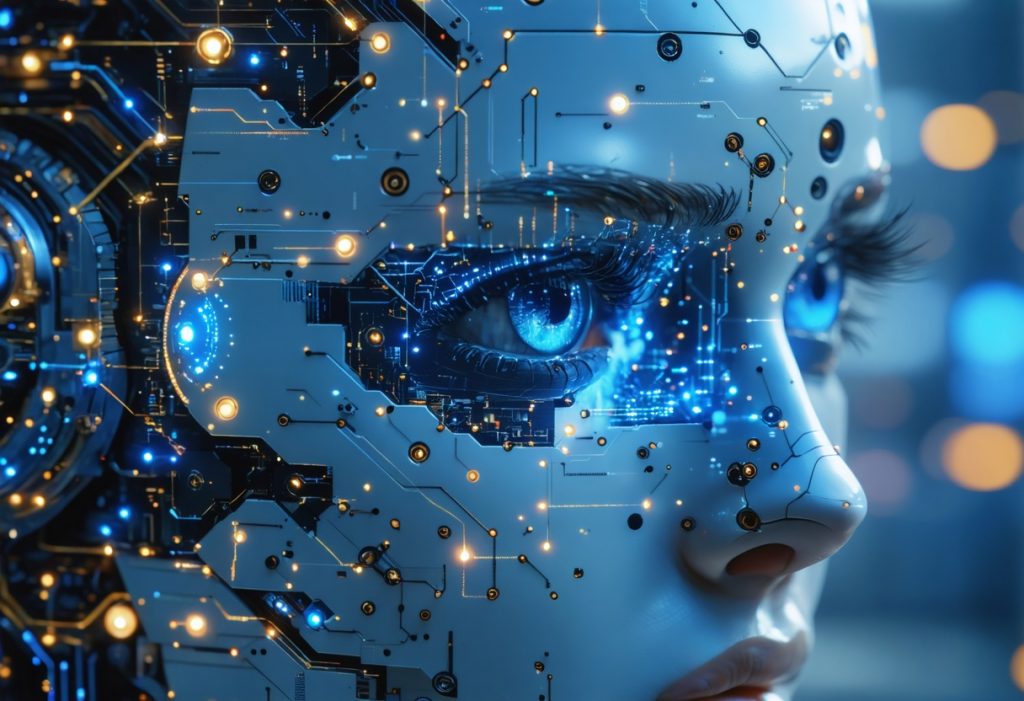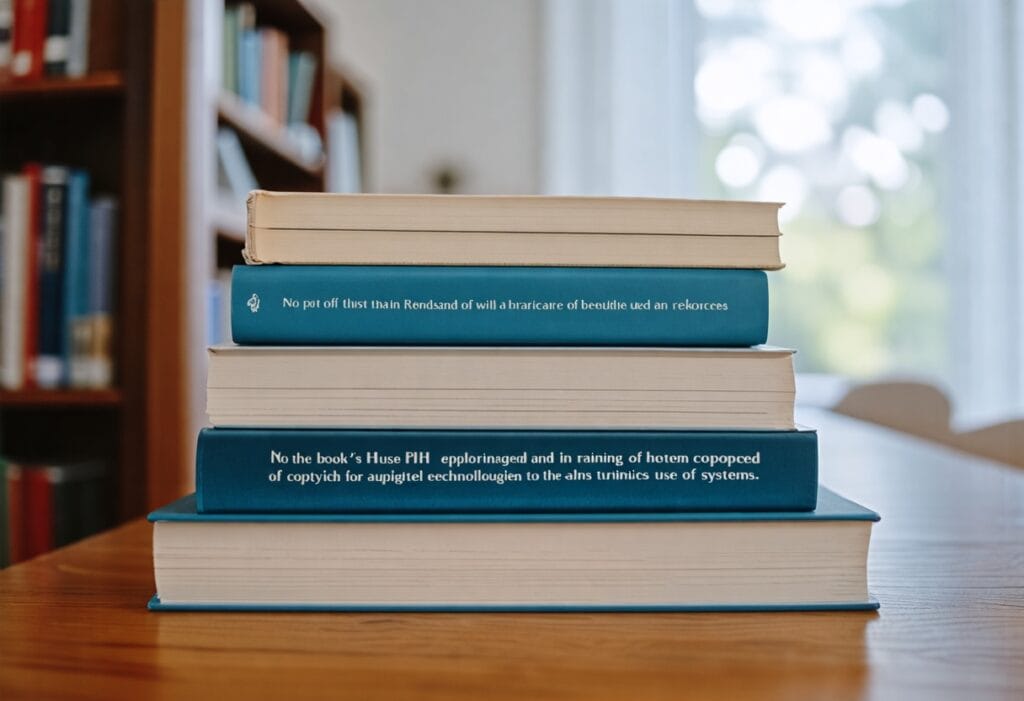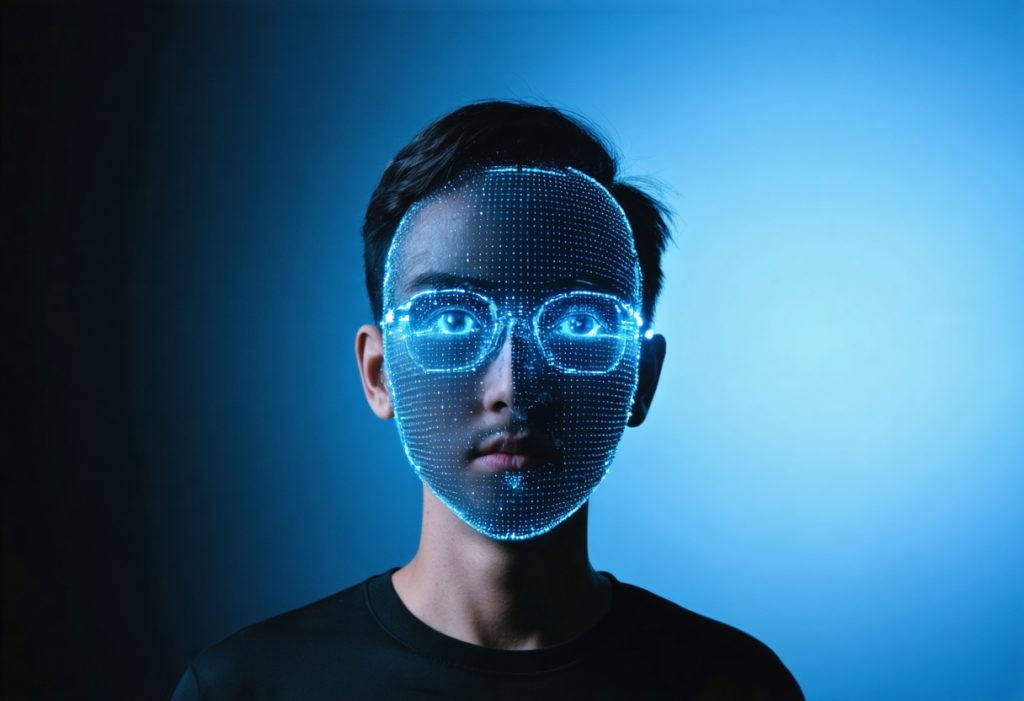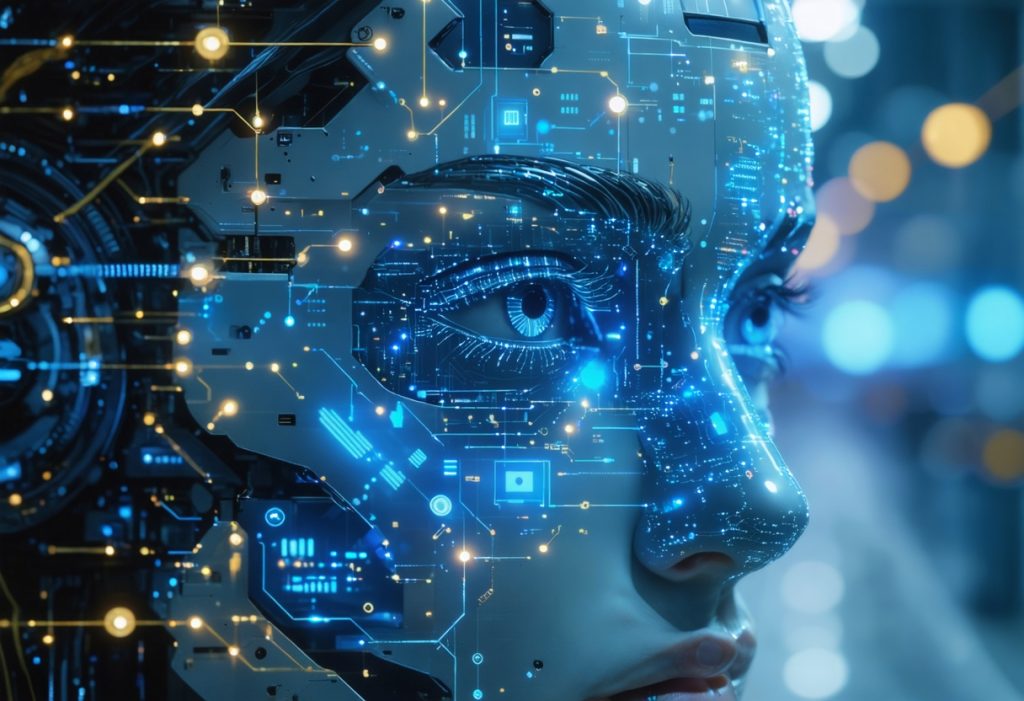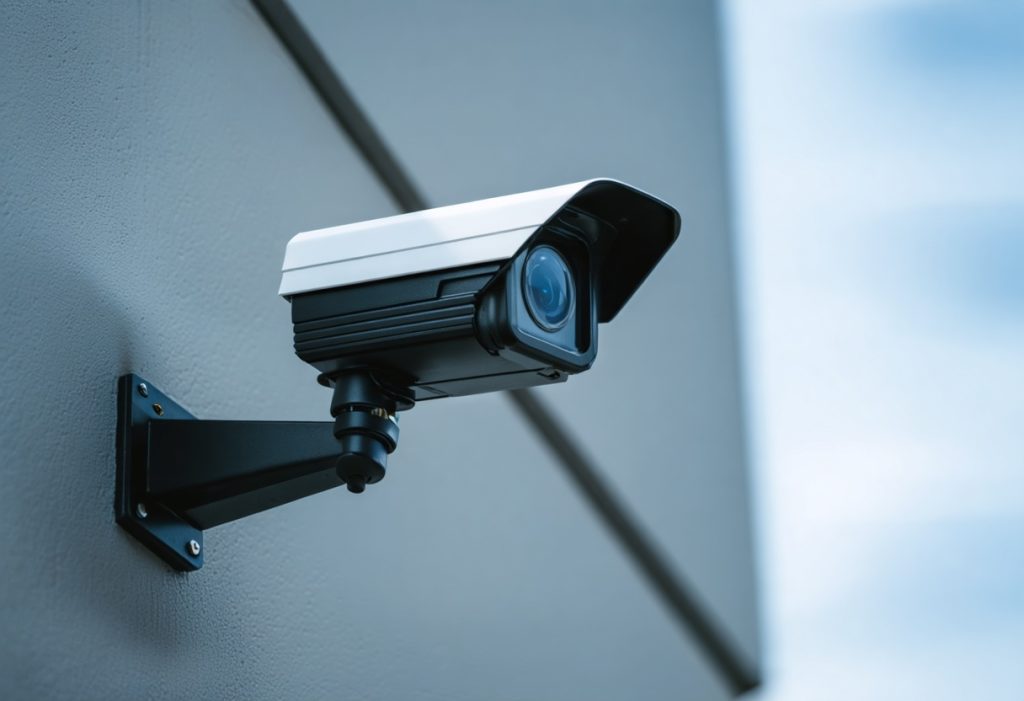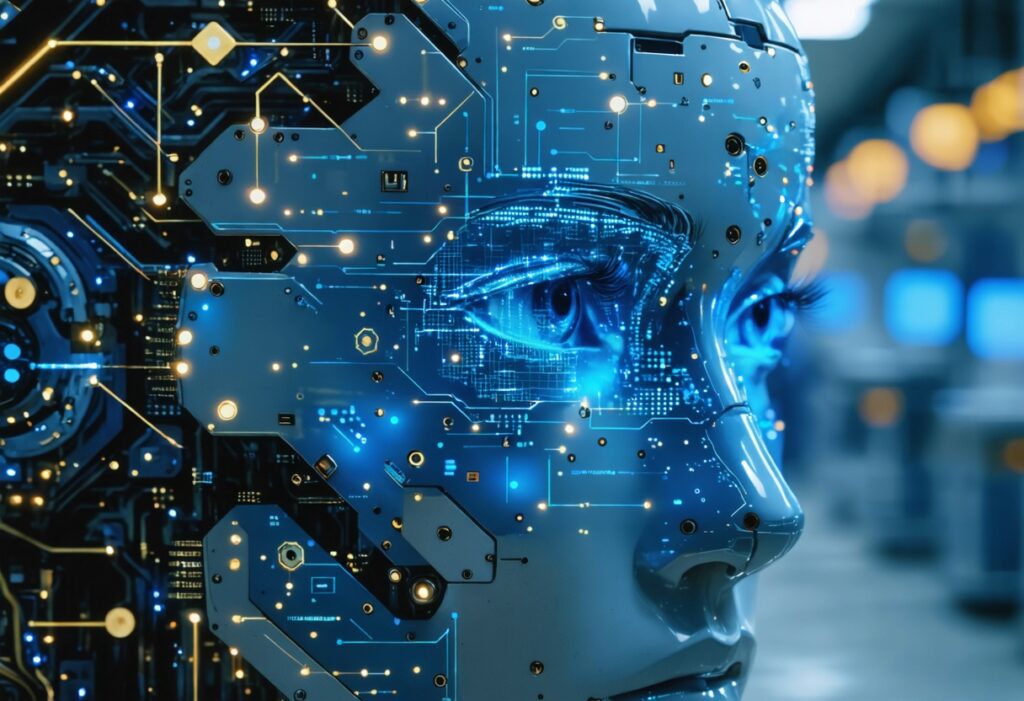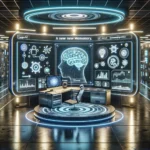Protecting Literary Works in the Age of AI: Penguin Random House Takes a Stand
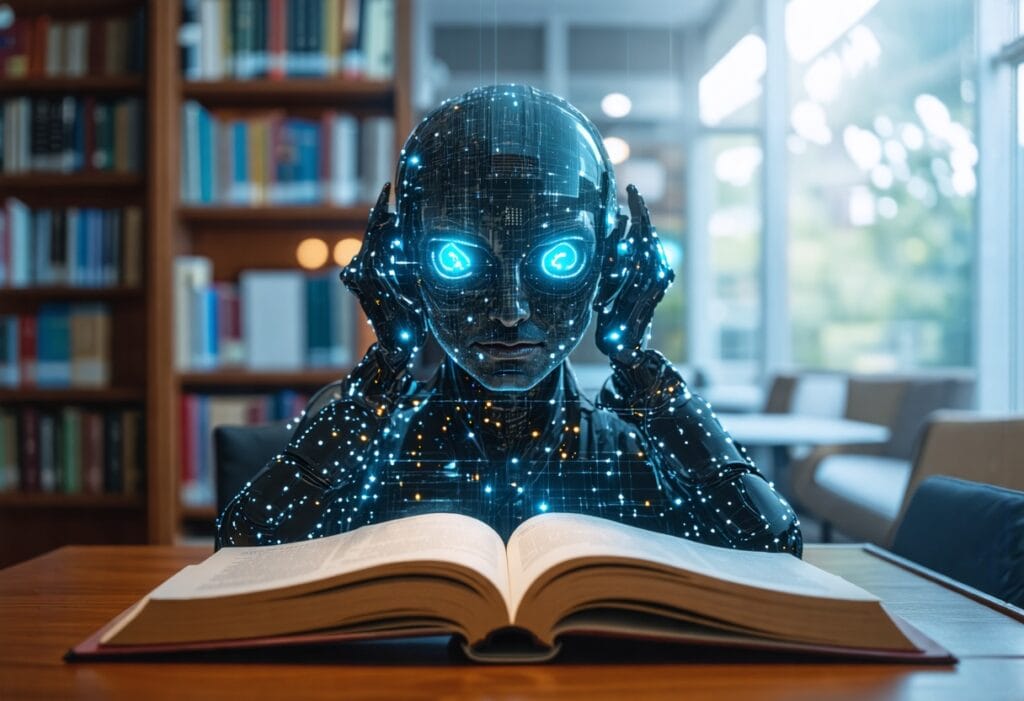
Protecting Literary Works in the Age of AI: Penguin Random House Takes a Stand
In an era where artificial intelligence (AI) is becoming increasingly integrated into various sectors, the publishing industry faces growing challenges regarding the protection of intellectual property. Penguin Random House (PRH), a leading global publisher, has recently enacted a significant policy change to safeguard its literary works from potential unauthorized use in AI training. As concerns mount about AI’s capability to utilize copyrighted materials without consent, PRH has added a clear statement to the copyright pages of its books, explicitly prohibiting the use of its content for training AI technologies.
This proactive measure places PRH among the forerunners in the publishing world addressing the pressing need for stronger copyright protections against AI practices. The decision reinforces ongoing discussions about the ethical implications of AI training and the importance of protecting authors’ rights. With the rise of large language models and the potential for misuse of copyrighted texts, PRH’s initiative serves as a vital step in the evolving landscape of literature and technology, aiming to strike a balance between innovation and intellectual property rights.
The Necessity of Intellectual Property Protection in Publishing
As technologies like AI become more advanced, the landscape of intellectual property rights is increasingly complex. For authors and publishers, the unauthorized use of their work for AI training purposes poses a significant threat to their creative outputs. With AI systems gaining access to vast datasets, many of which include copyrighted material, it has become paramount for publishers to adopt clear strategies for protecting their intellectual property. PRH’s initiatives reflect a growing recognition of the need to fortify these protections, ensuring that the rights of authors and creators remain intact in an evolving digital age.
The Role of Copyright in the Digital Age
Copyright serves as a fundamental legal framework in creative industries, granting authors and publishers exclusive rights over the use and distribution of their works. However, the proliferation of AI technologies has introduced unanswered questions concerning the boundaries of these rights. PRH’s newly implemented copyright statement exemplifies an attempt to adapt to the unique challenges posed by AI. By proactively stating that its works cannot be utilized for AI training, PRH seeks to reinforce the notion that copyright laws should be respected even in the face of innovative technological practices.
A Learn-from-Us Approach: Industry Implications
PRH’s decision may set a precedent for other publishers to follow suit. The initiative signals a call to action for the entire industry, urging publishers and authors to engage in discussions regarding their rights in the digital landscape. This proactive approach is crucial, especially as technology continues to evolve and challenge existing legal frameworks. As publishers adopt similar measures, they collectively strengthen their position against unauthorized AI utilization of their literary works, fostering an environment focused on mutual respect between technology and creativity.
The Ethical Debate Over AI and Copyrighted Material
The ethical ramifications of employing copyrighted material without consent in AI training cannot be understated. The rise of AI-generated content raises critical questions regarding authorship and ownership. As AI technologies are capable of producing work that closely resembles that of human creators, the definition of originality is put under scrutiny. PRH’s actions highlight a growing insistence on the ethical obligation of tech companies to secure the rights of creators. It is vital for the publishing industry to remain engaged in these discussions to ensure that the voices of authors and publishers are heard and considered in the face of AI advancements.
Understanding the Limitations of Copyright Notices
While PRH’s new copyright statement is a positive step toward protecting its content, it is essential to understand its limitations. The disclaimer concerning AI training does not constitute legal protection on its own. Instead, it serves as an expression of intent, similar to how a “robots.txt” file instructs web crawlers about content usage. Thus, while it signals PRH’s commitment to safeguarding its literary works, it is merely a part of a broader framework that needs to be reinforced through legal channels. Ongoing advocacy for stronger copyright legislation and protective measures is vital for addressing the complexities of copyright in the AI age.
Industry Responses and the Call for Stronger Measures
The reactions from various authors’ organizations regarding PRH’s move illustrate the need for a collective industry response to the challenge posed by AI. While organizations like the Authors’ Licensing and Collecting Society (ALCS) have praised PRH’s proactive stance, others, including the Society of Authors (SoA), emphasize the necessity for more comprehensive protection measures. The SoA’s call for explicit protections within author contracts showcases a growing awareness of the need for ongoing evaluation and enhancement of copyright guidelines to reflect the reality of AI’s impact on the publishing landscape.
Potential Future Developments in AI and Copyright Laws
As the debate surrounding AI and copyright continues to evolve, it is expected that publishers will increasingly seek legal provisions that accommodate the unique challenges presented by AI technologies. Developing partnerships with tech companies may be one way forward, fostering an environment of collaboration rather than conflict. Furthermore, ongoing discussions at legislative levels concerning the regulation of AI may directly influence how copyright laws evolve to ensure that the rights of content creators are adequately protected as technology advances.
Emphasizing the Importance of Author Contracts
Authors play a critical role in the publishing ecosystem, and ensuring that their rights are protected requires well-crafted contracts. PRH’s commitment to preventing unauthorized AI training of its works should extend to clearer contract clauses that inform authors about their rights concerning AI technologies. These contracts should also encompass guidelines on how authors’ works may be used, ensuring transparency and mutual agreement between authors and publishers. As the industry progresses, it is vital to prioritize clarity in author contracts to foster a fair creative environment.
Conclusion: Navigating the New Landscape of AI and Copyright
In summary, protecting literary works in an AI-driven era demands a robust understanding of copyright laws, proactive measures from publishers, and a collaborative approach between the tech and publishing communities. While PRH’s new copyright policies are a pivotal first step, a collective push towards adapting legislation, enhancing author contracts, and fostering ethical standards in AI usage will shape the future of the publishing industry amidst ongoing technological advancements.
Shaping the Future of Literary Protection
As the intersection between artificial intelligence and the publishing industry continues to evolve, the importance of robust copyright protections cannot be overstated. Penguin Random House’s proactive approach in safeguarding its literary works sets a promising precedent for the industry, encouraging other publishers to adopt similar measures that prioritize the rights of authors and creators. By establishing clear policies and engaging in meaningful discussions about the challenges posed by AI, the publishing sector can strengthen its position against unauthorized use of intellectual property.
Moving forward, collaboration between publishers, authors, and technology companies will be essential in creating a balanced ecosystem that respects both innovation and creativity. The ethical implications of AI usage in content creation highlight the need for ongoing advocacy for comprehensive copyright legislation that effectively addresses these modern challenges. As this dialogue progresses, it will be crucial for all stakeholders to ensure that the voices of authors are amplified, and that their rights are unequivocally protected in the new landscape of publishing.
The future of literature and technology relies on a commitment to uphold the integrity of creative works, for generations to come. By staying informed and engaged, the publishing industry can navigate the complexities of AI, ensuring that creativity thrives in harmony with technological advancement.
